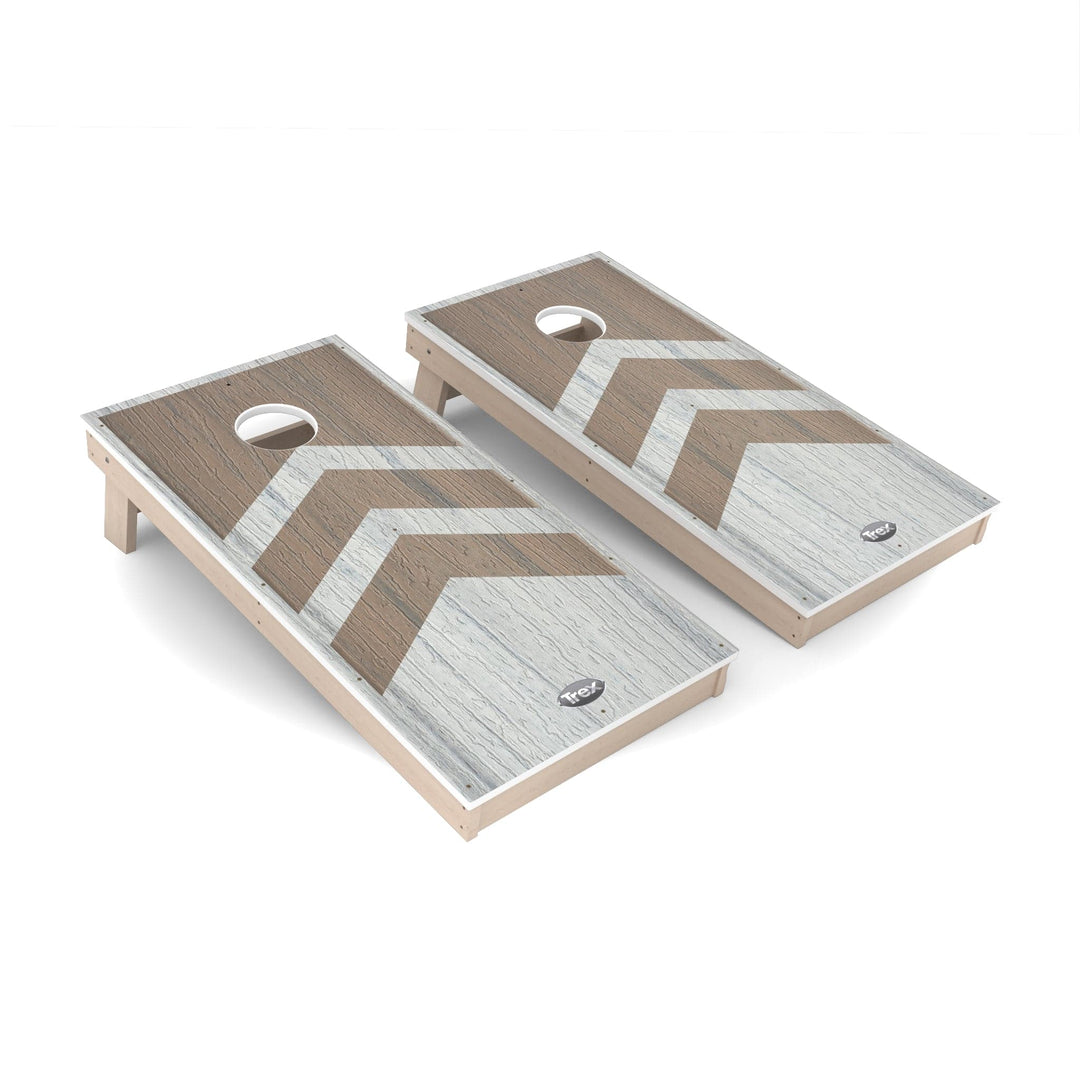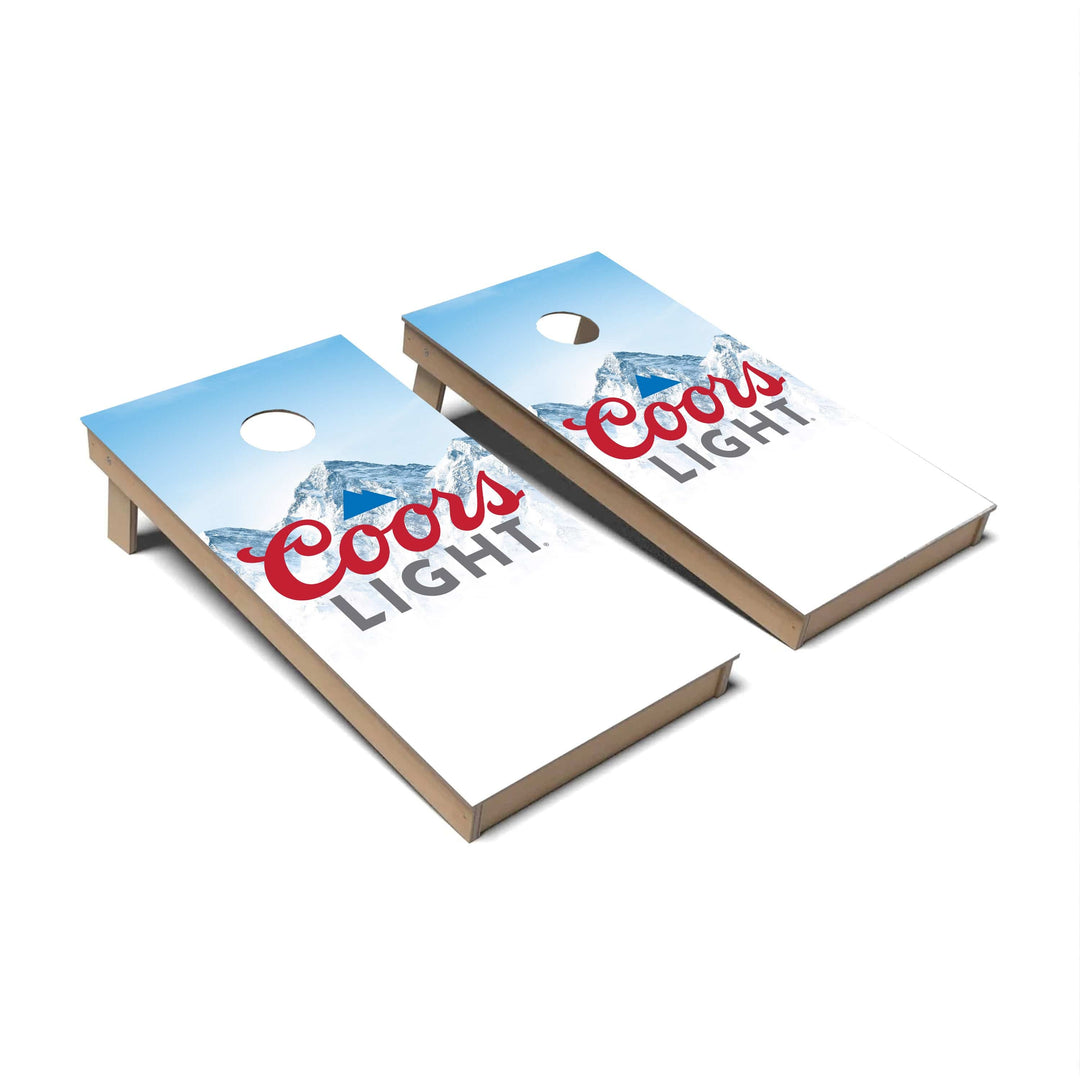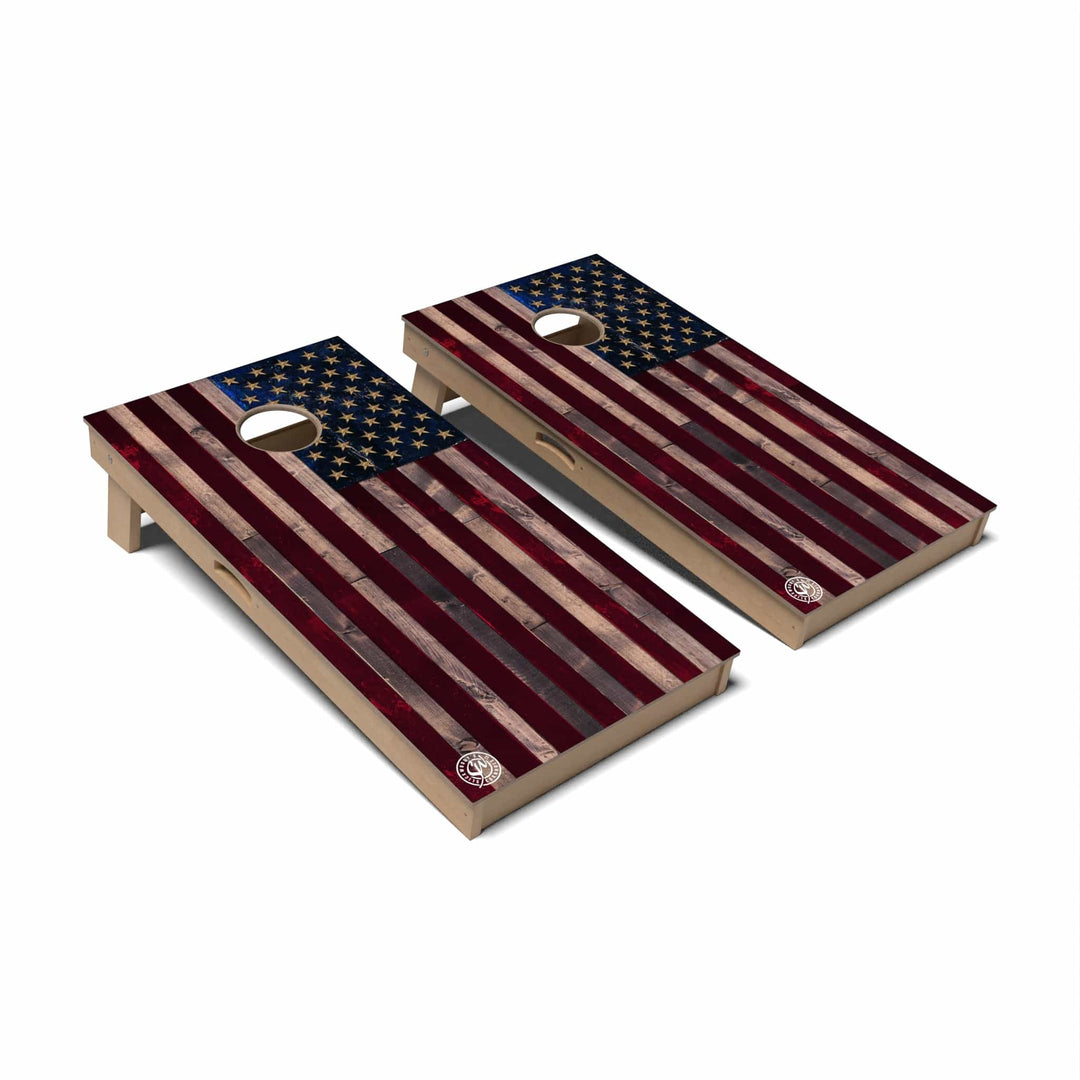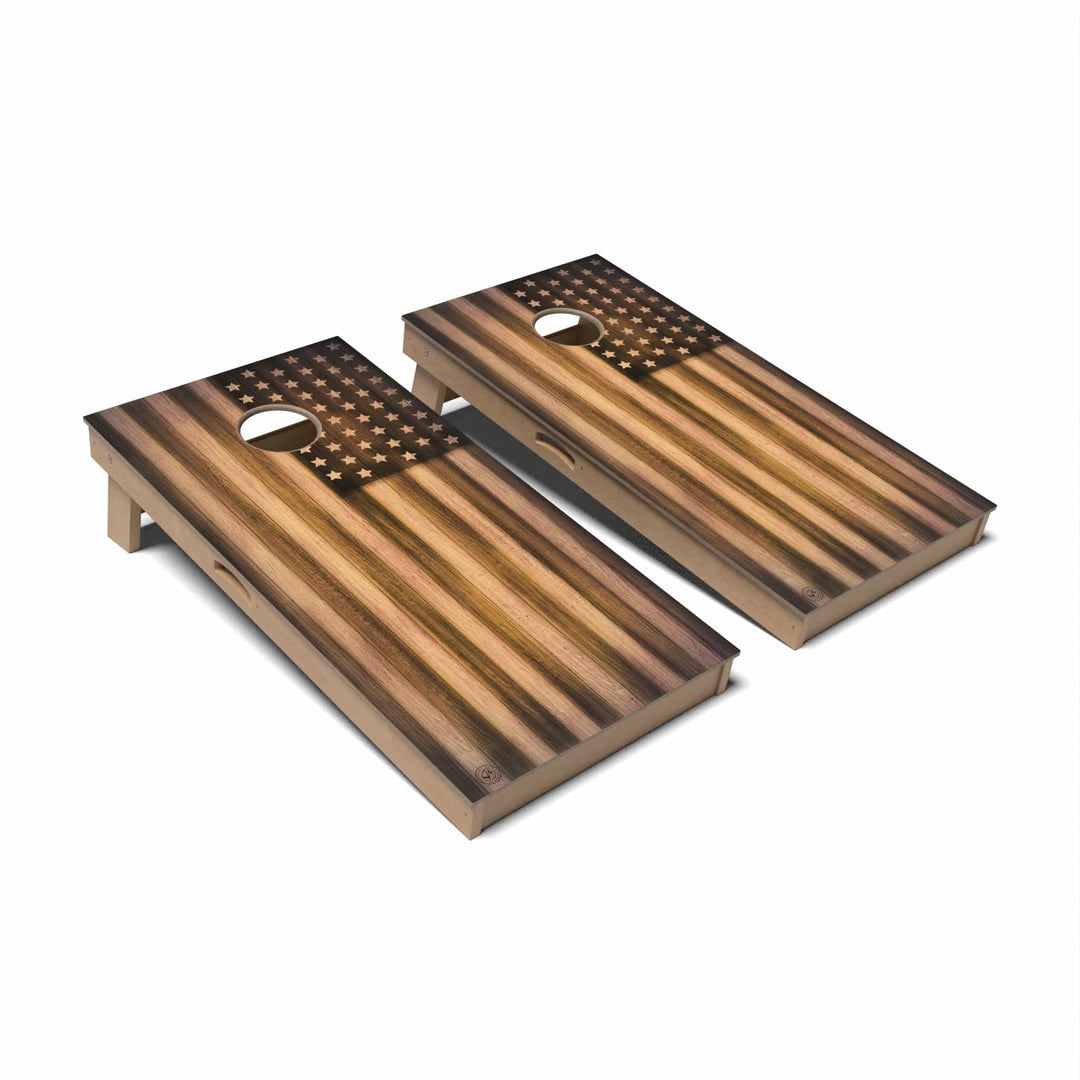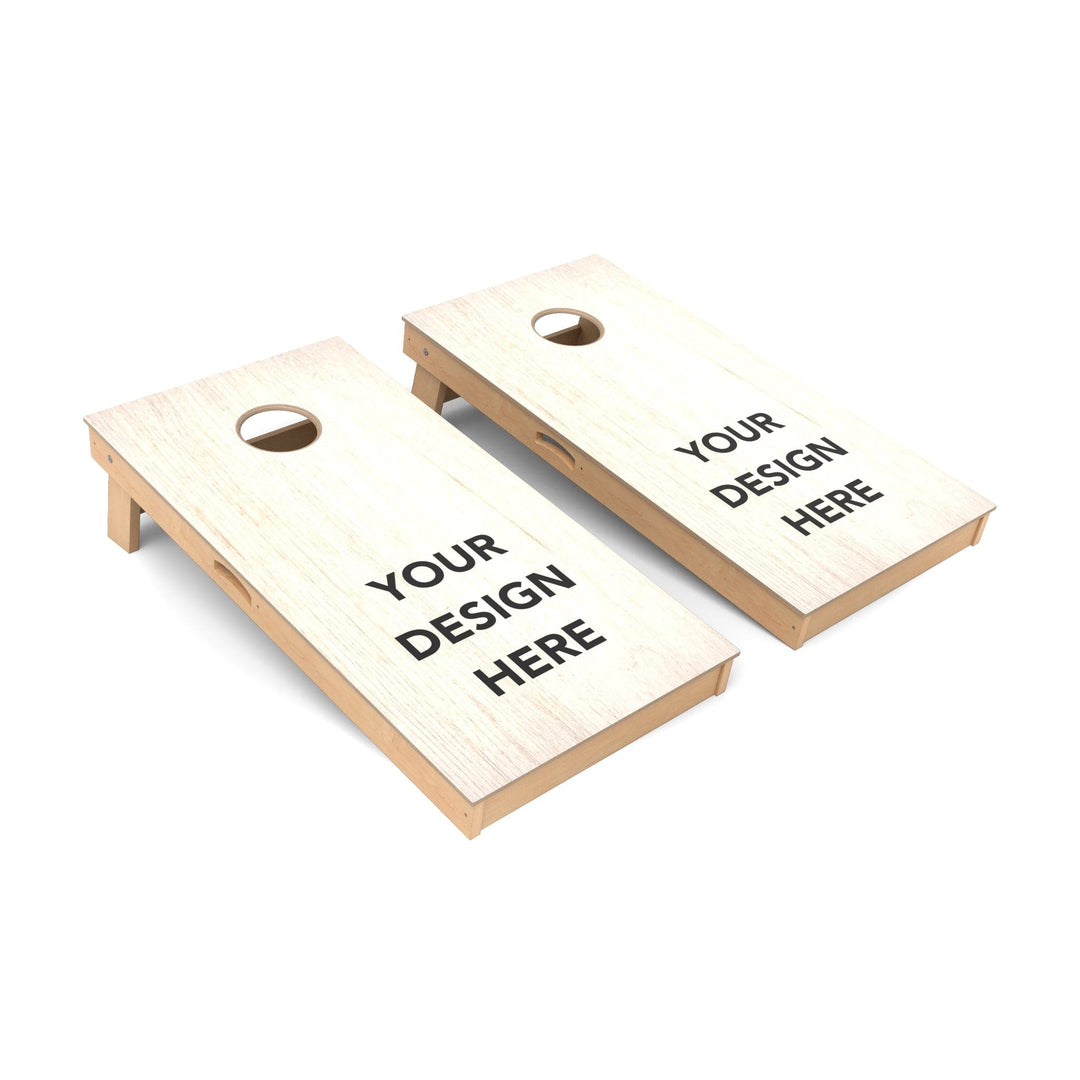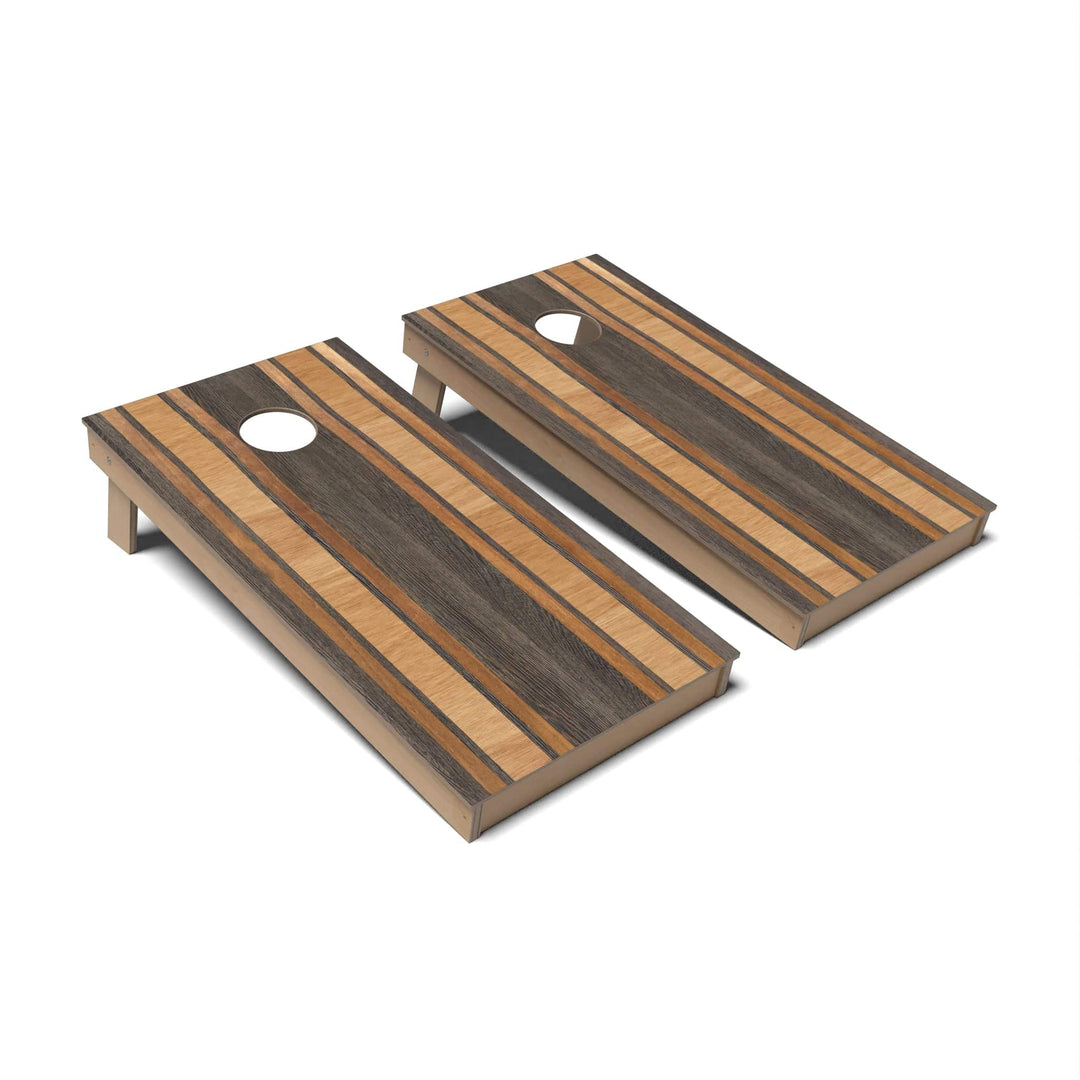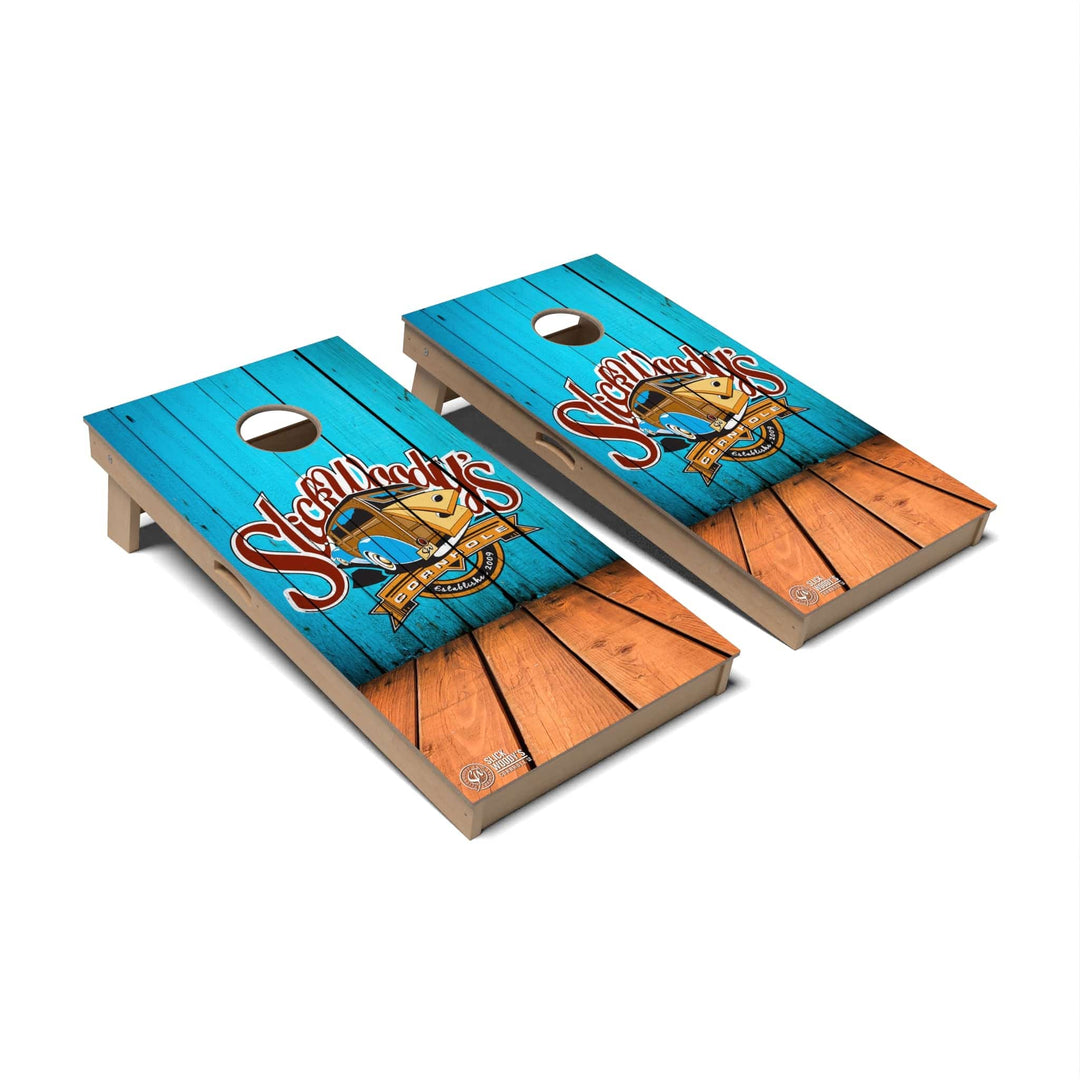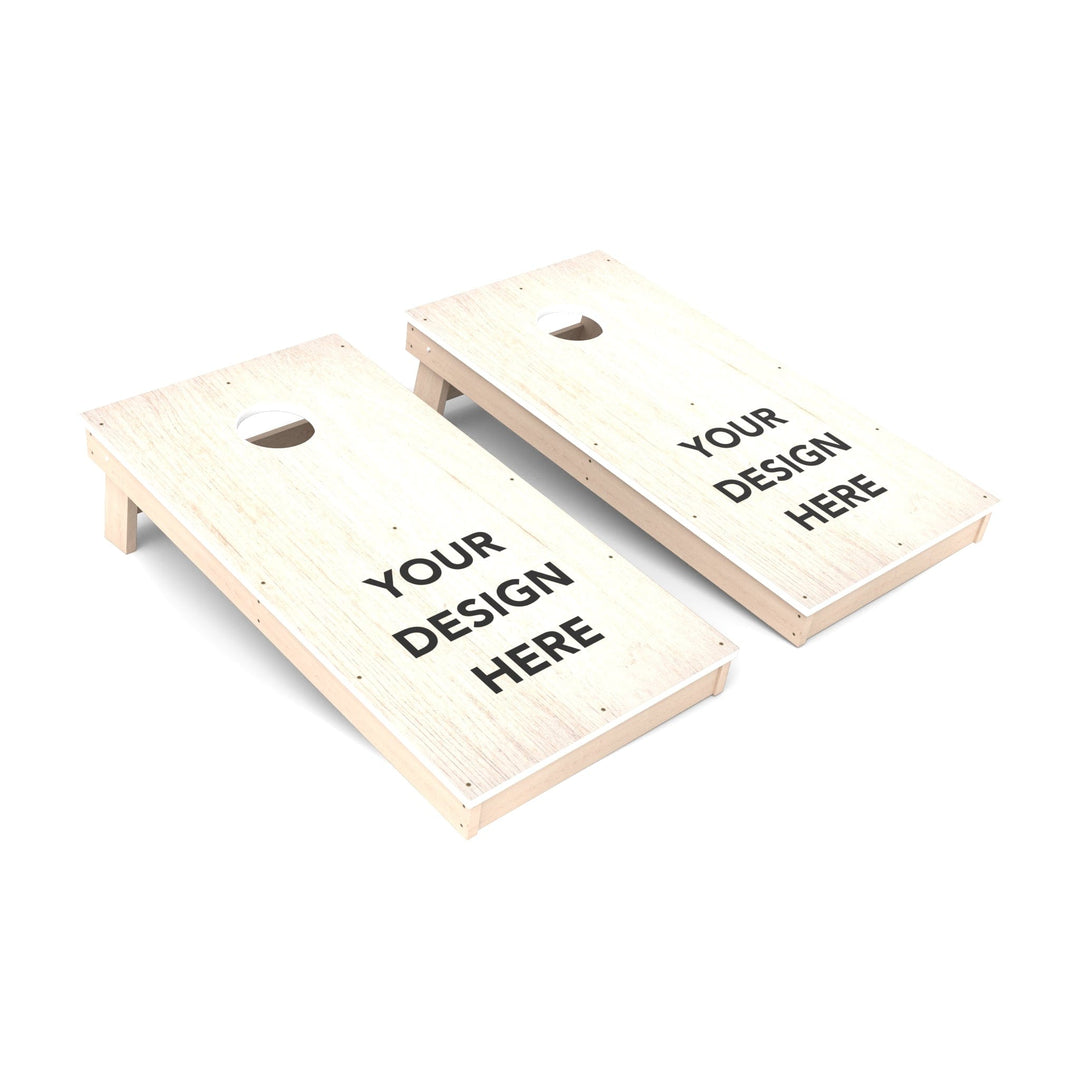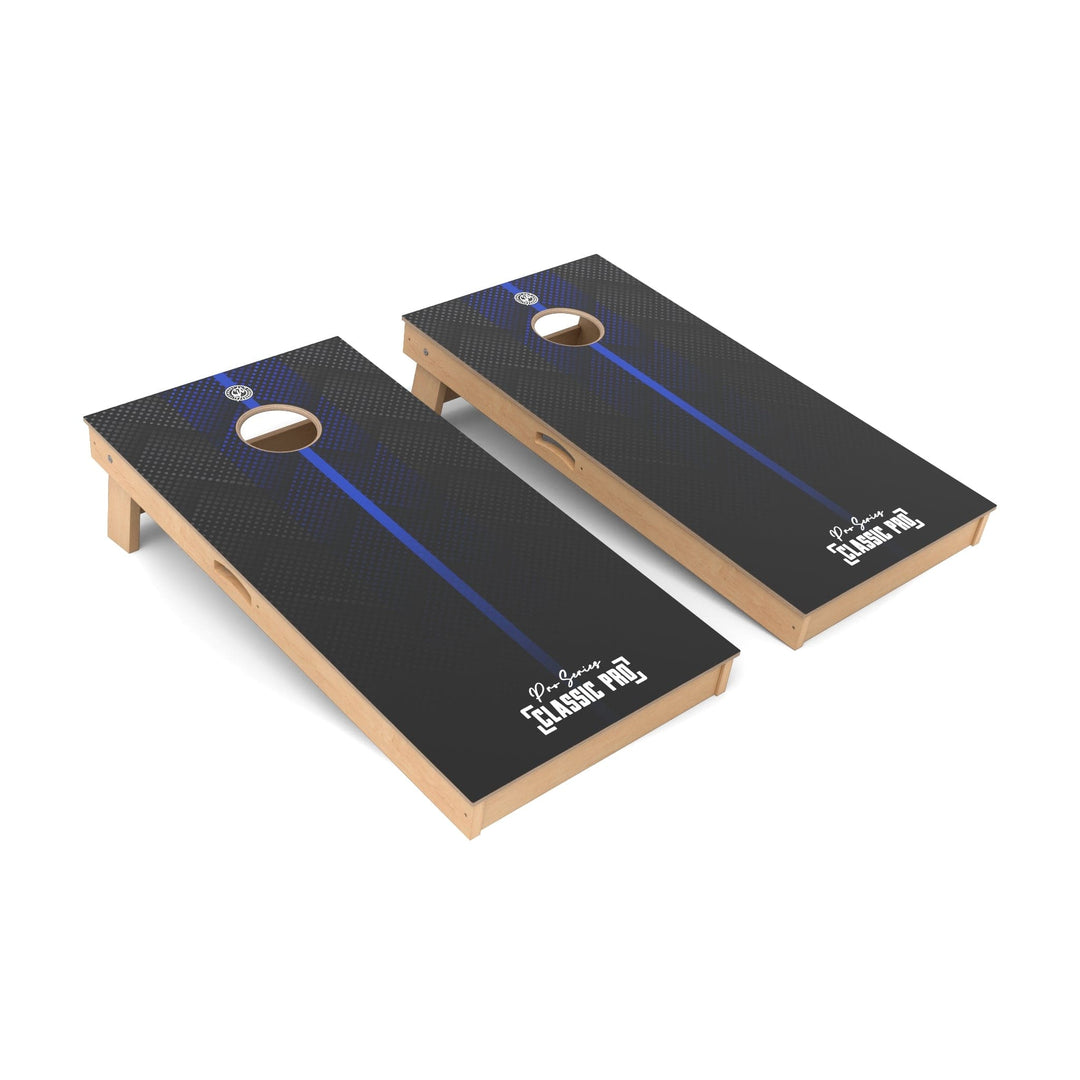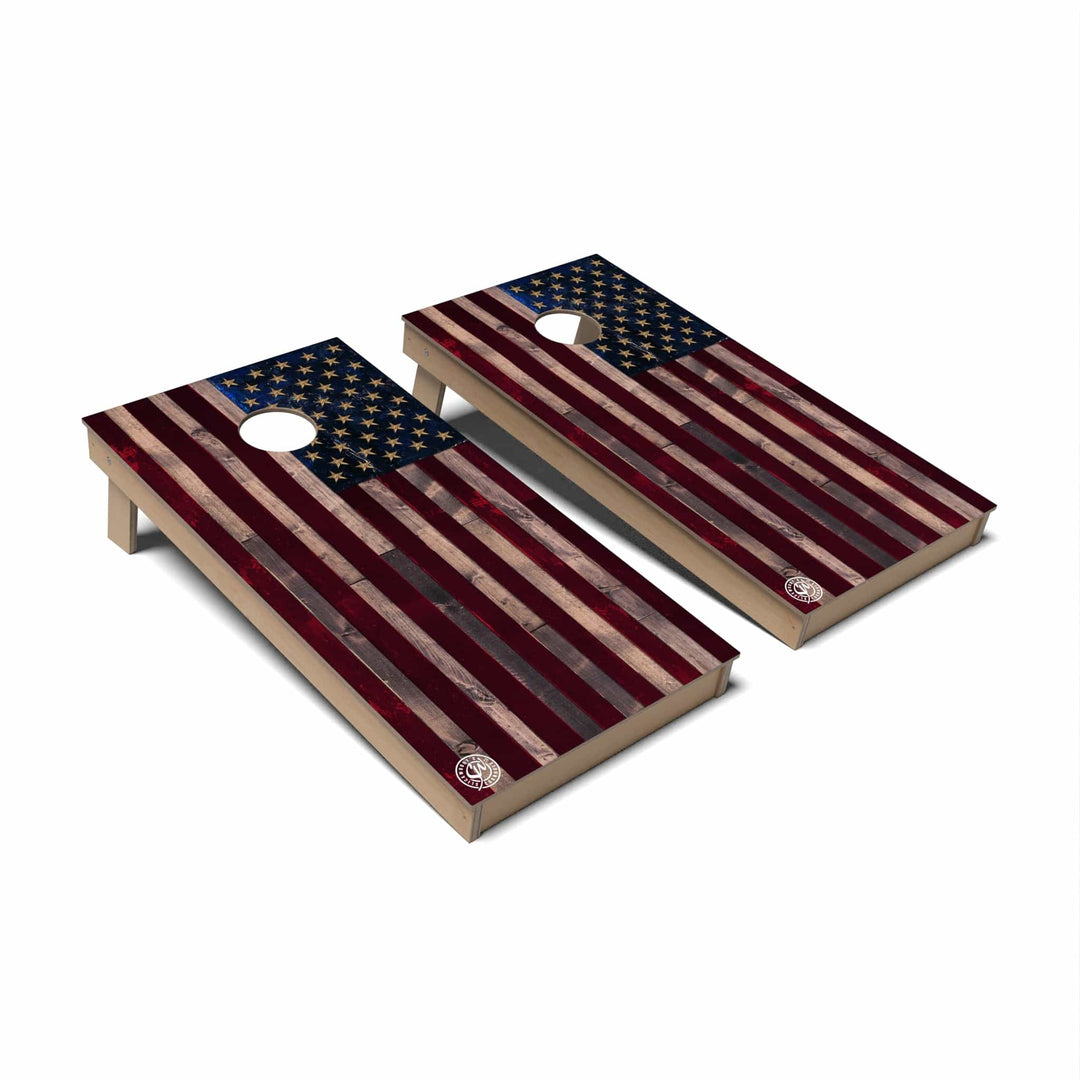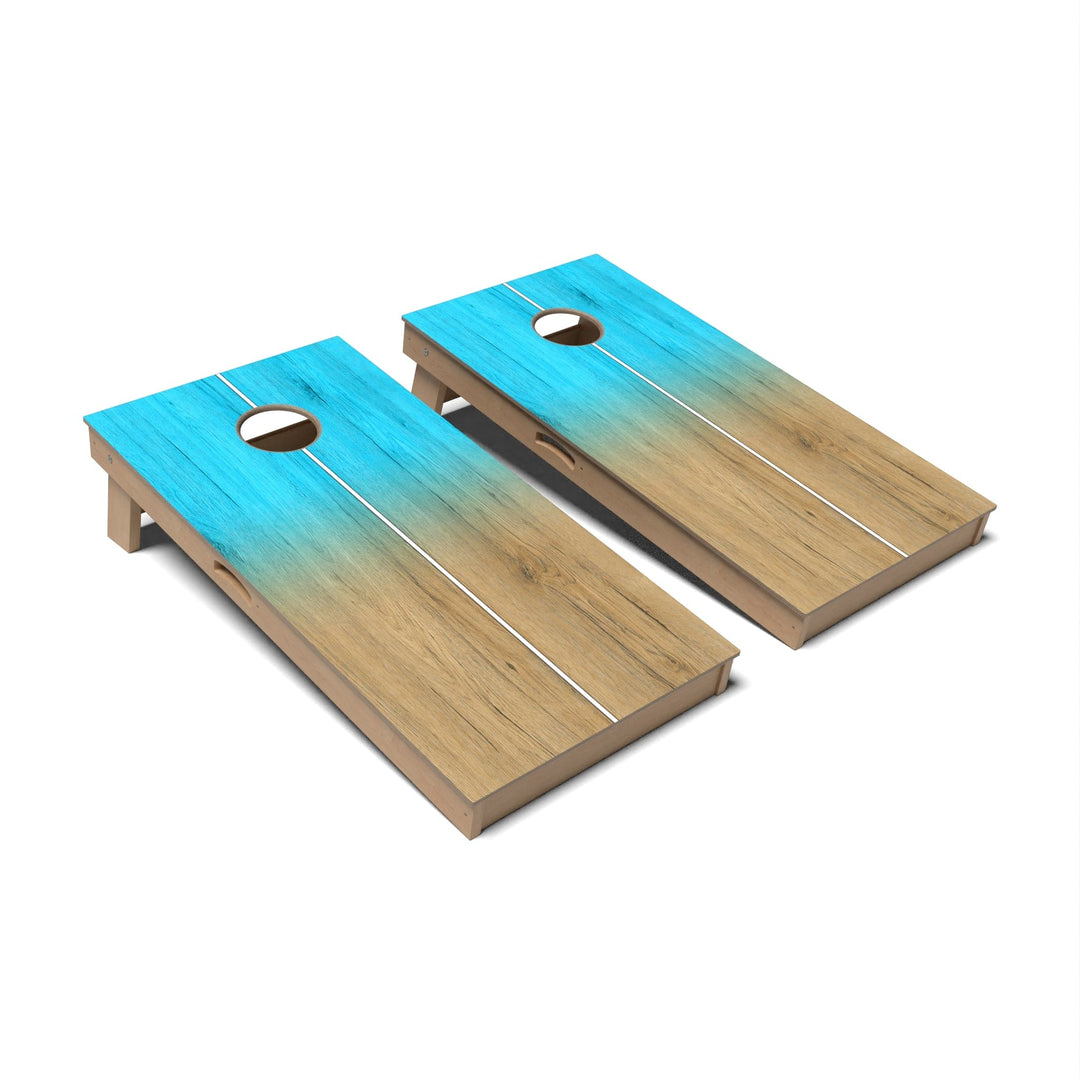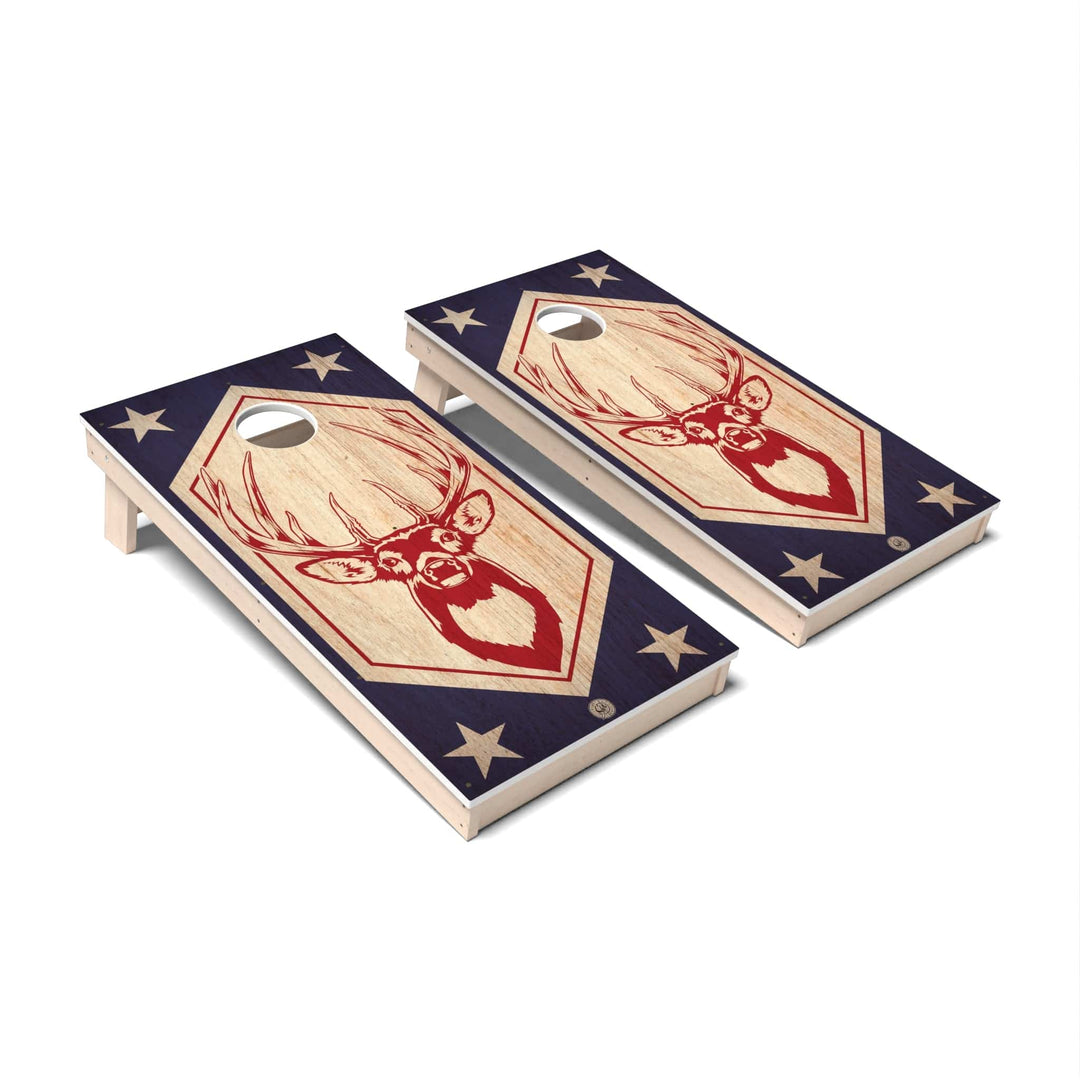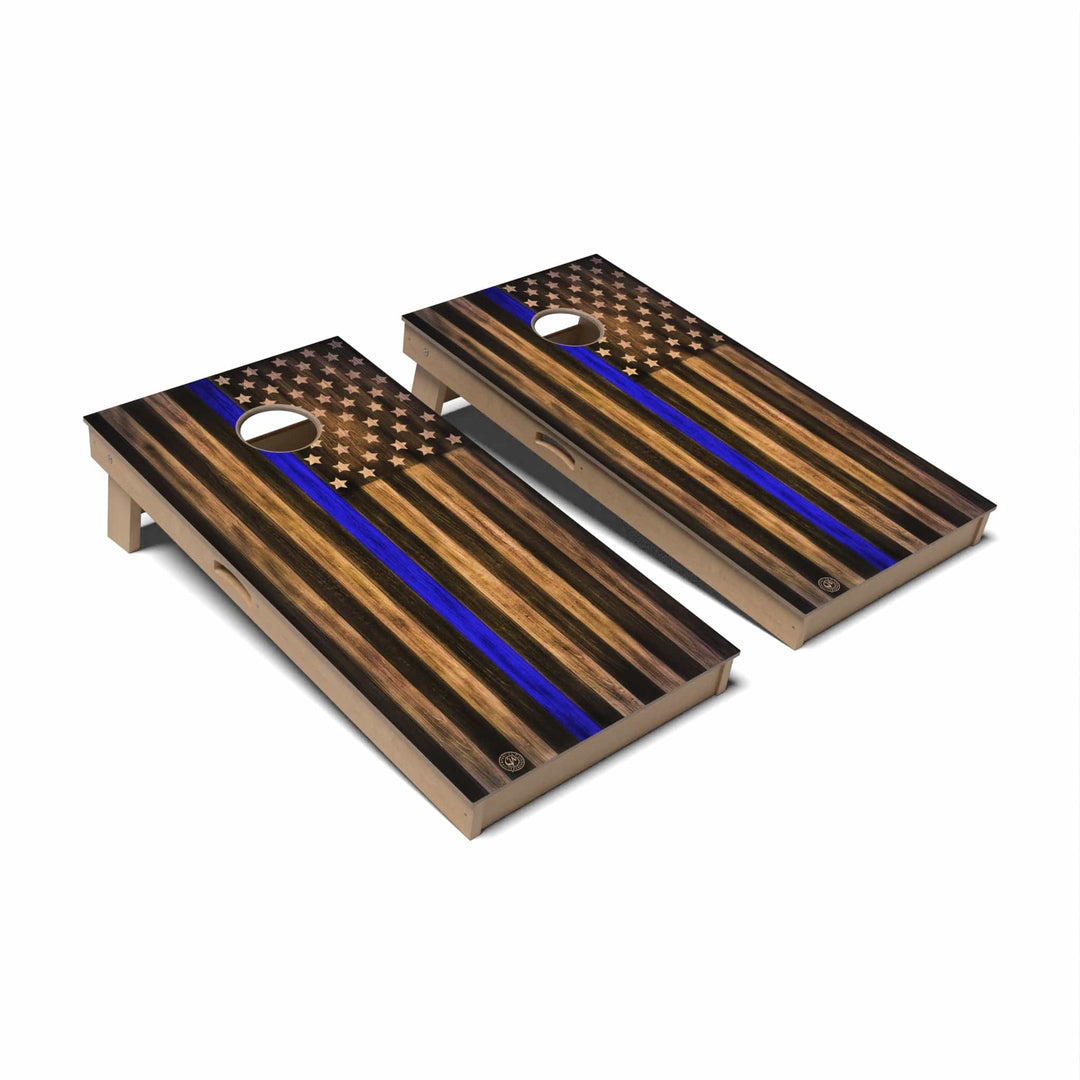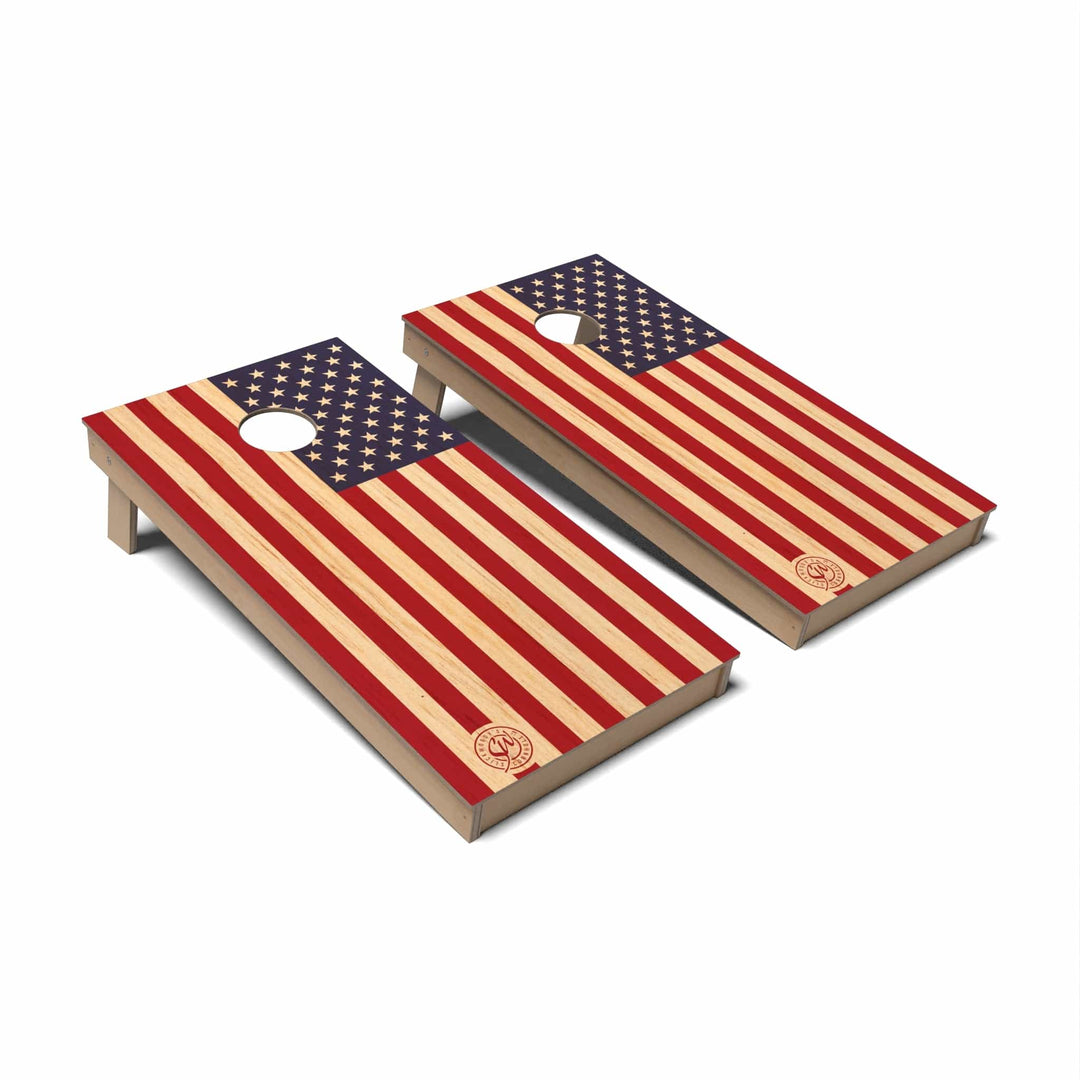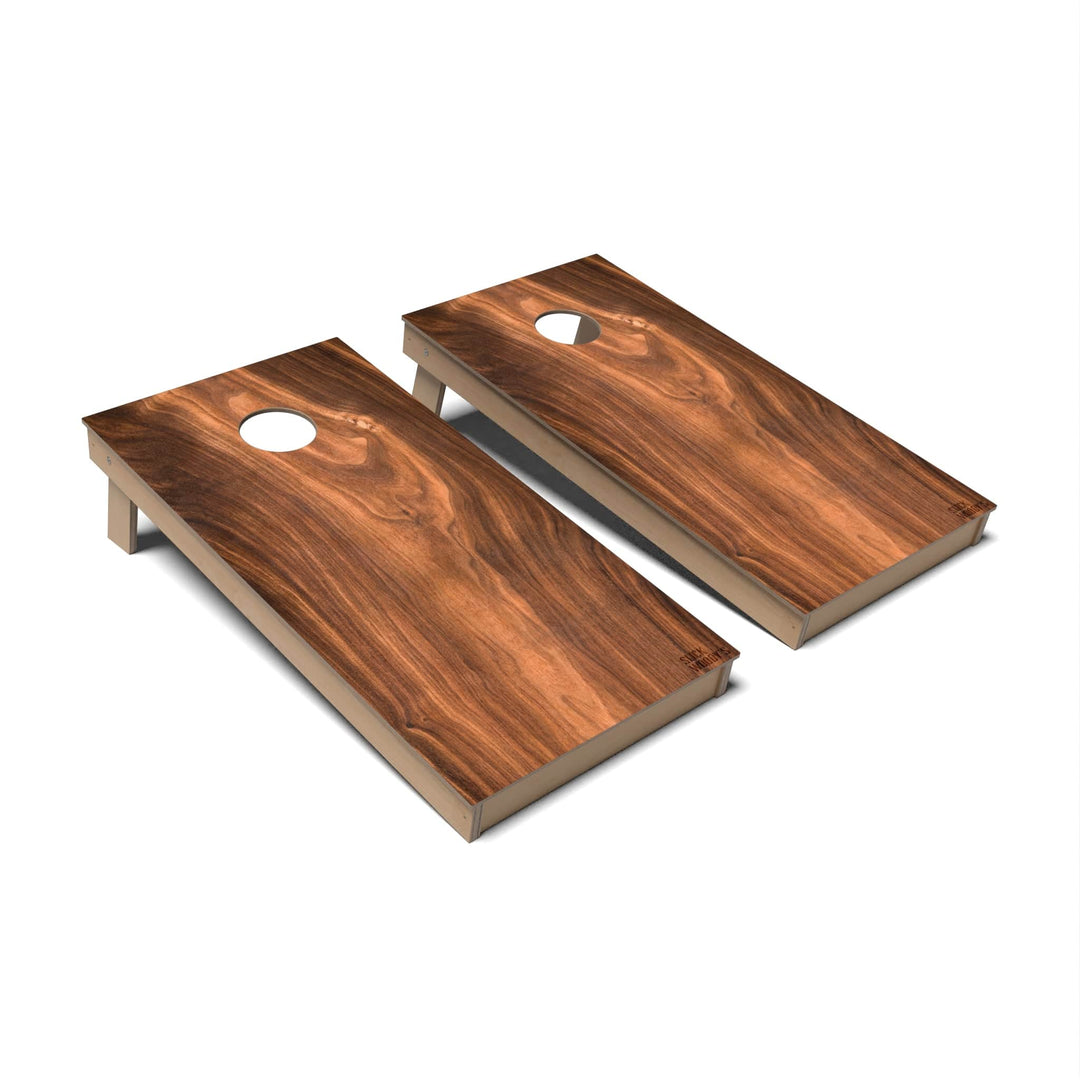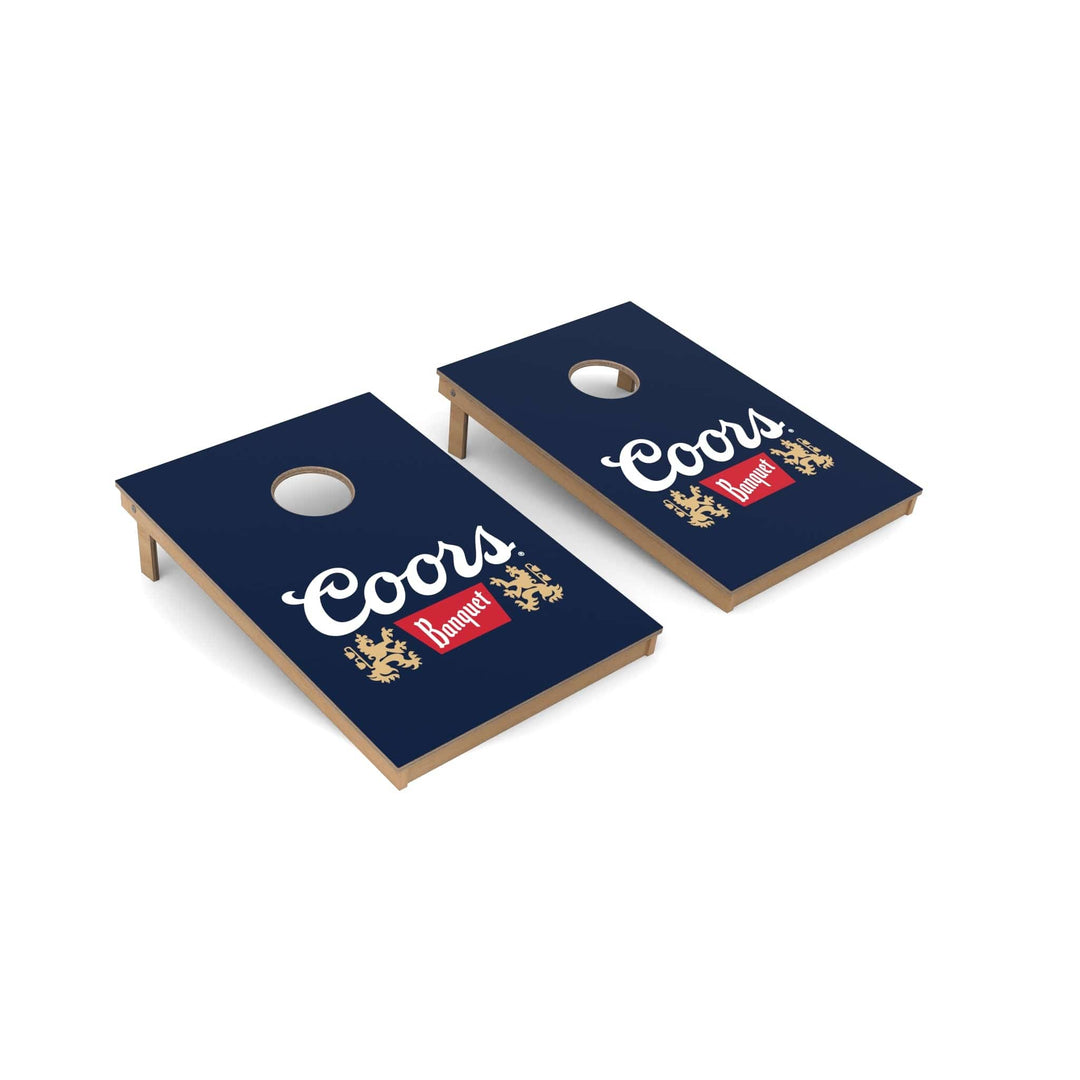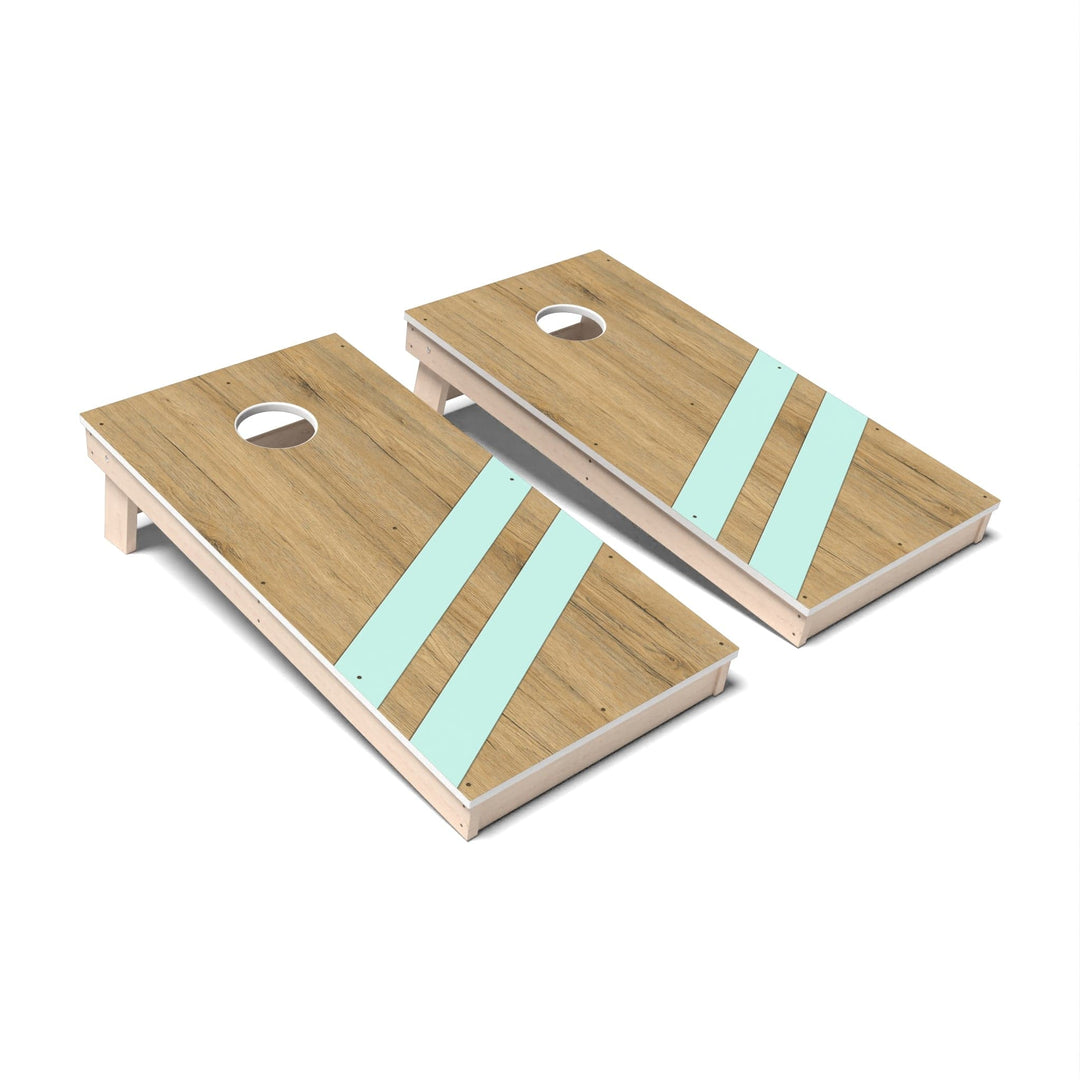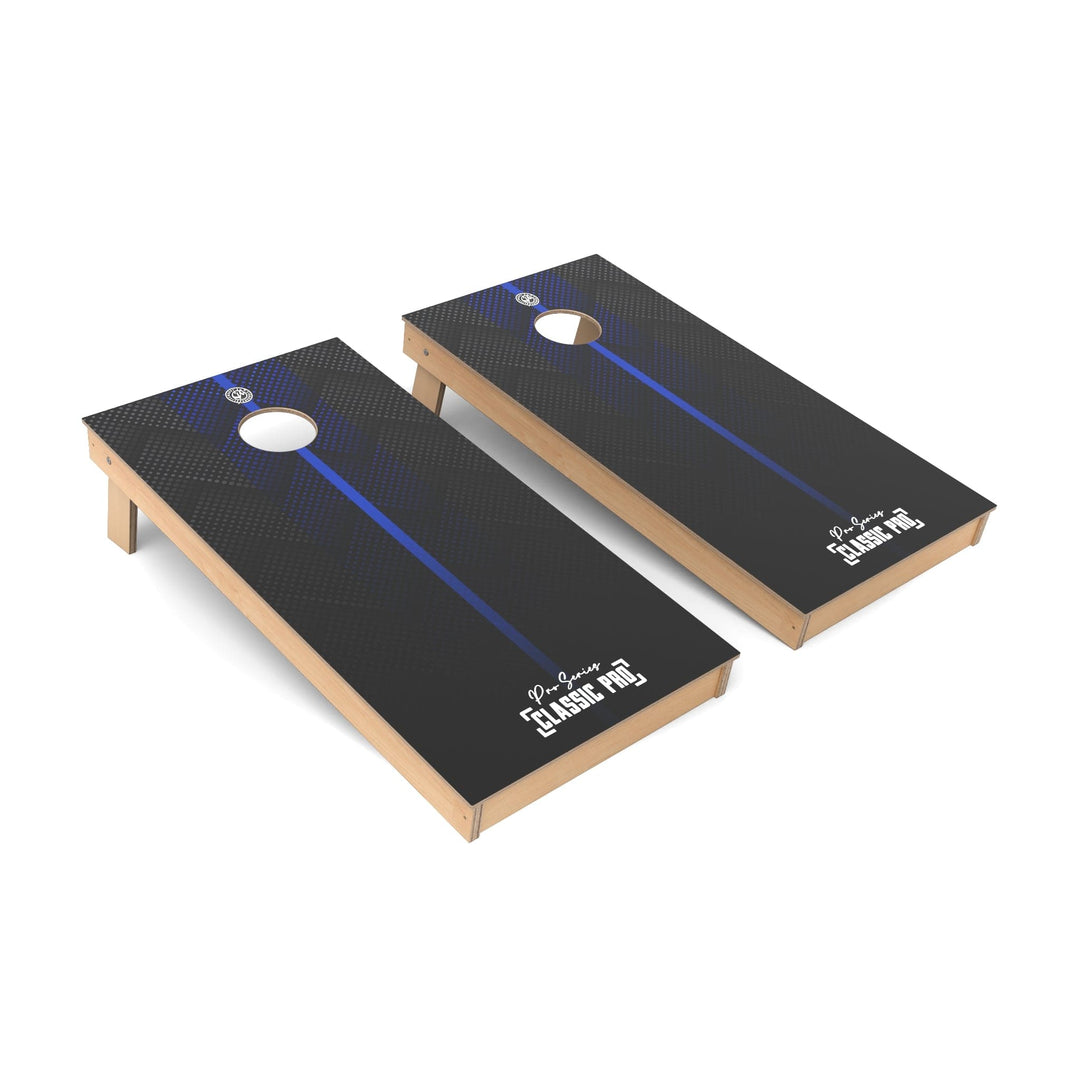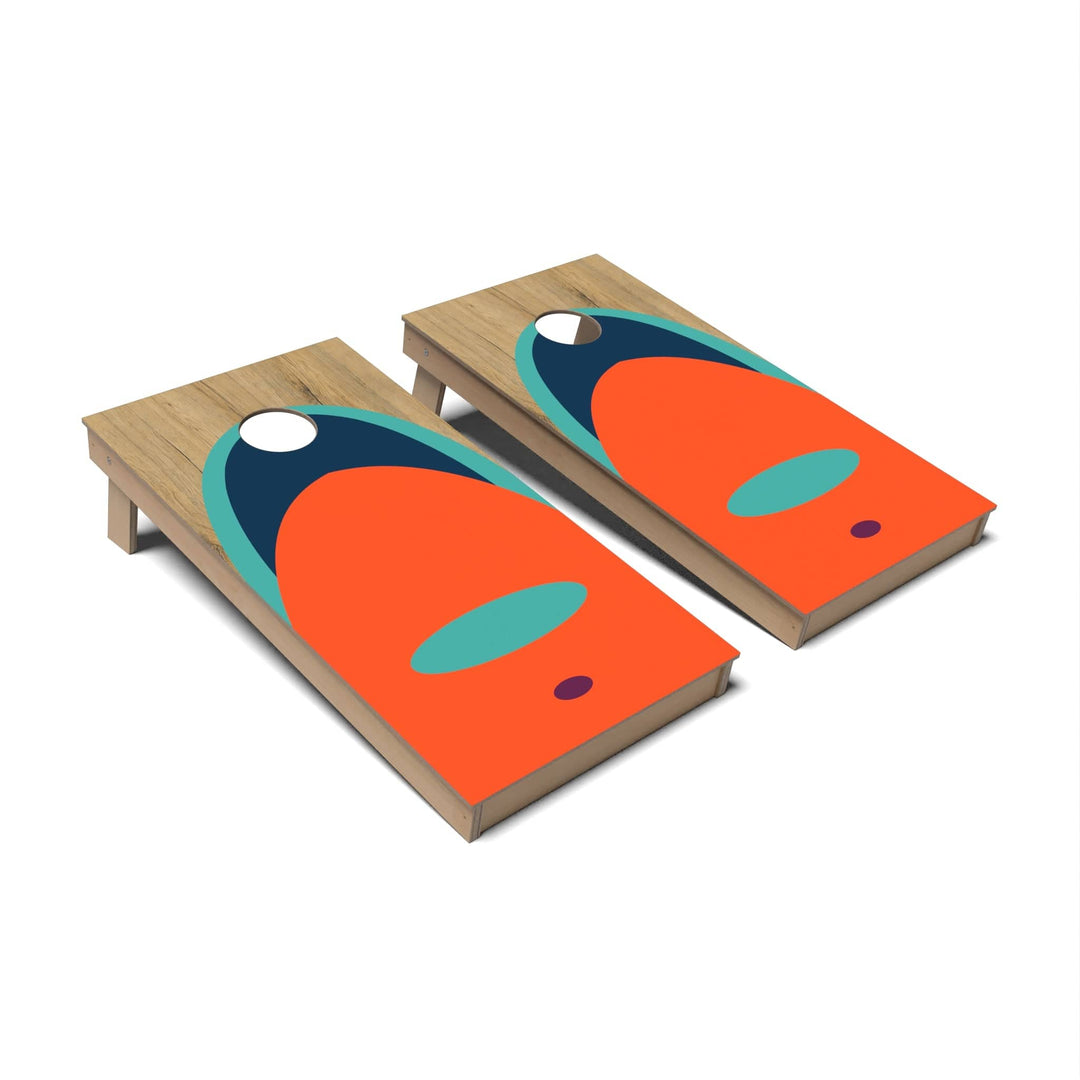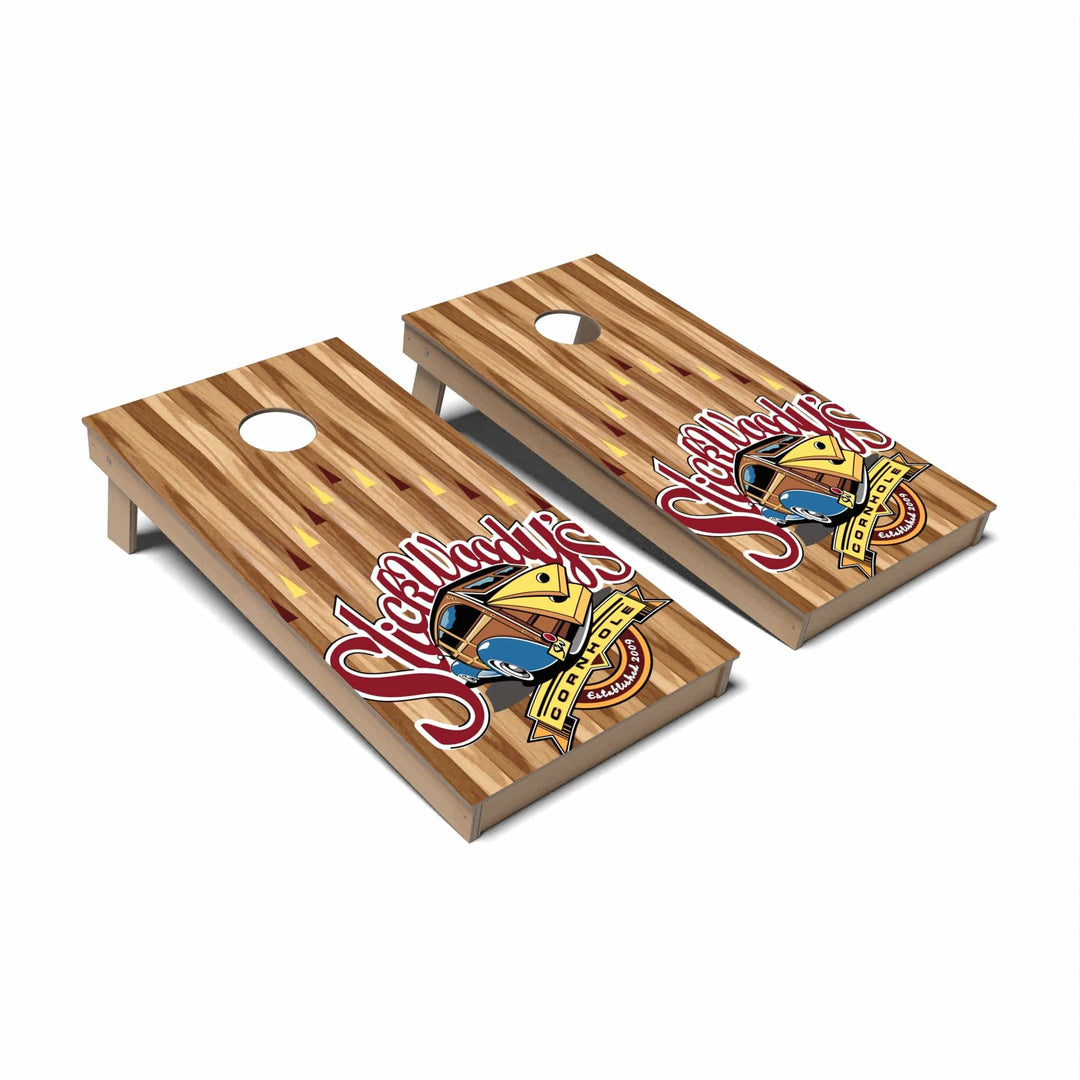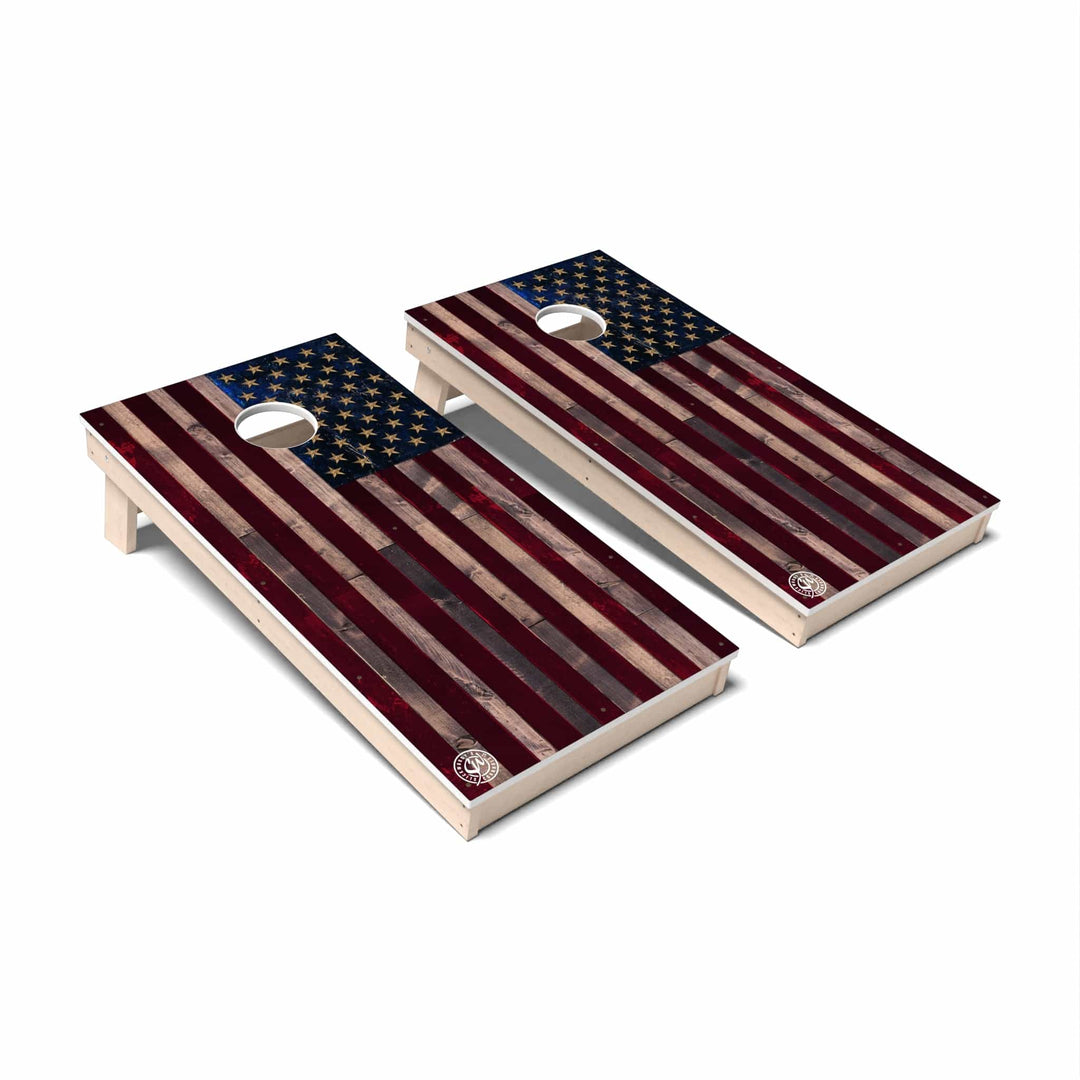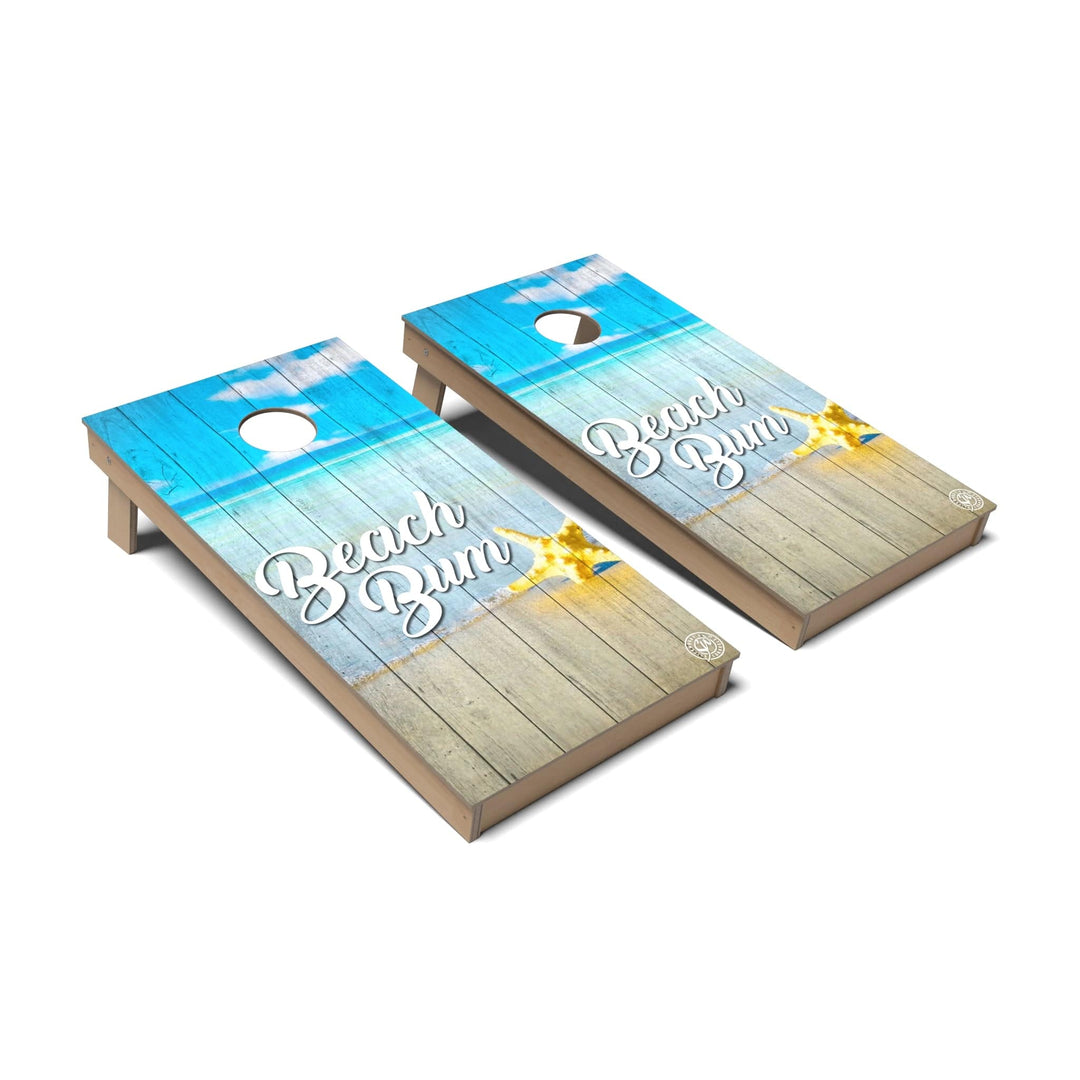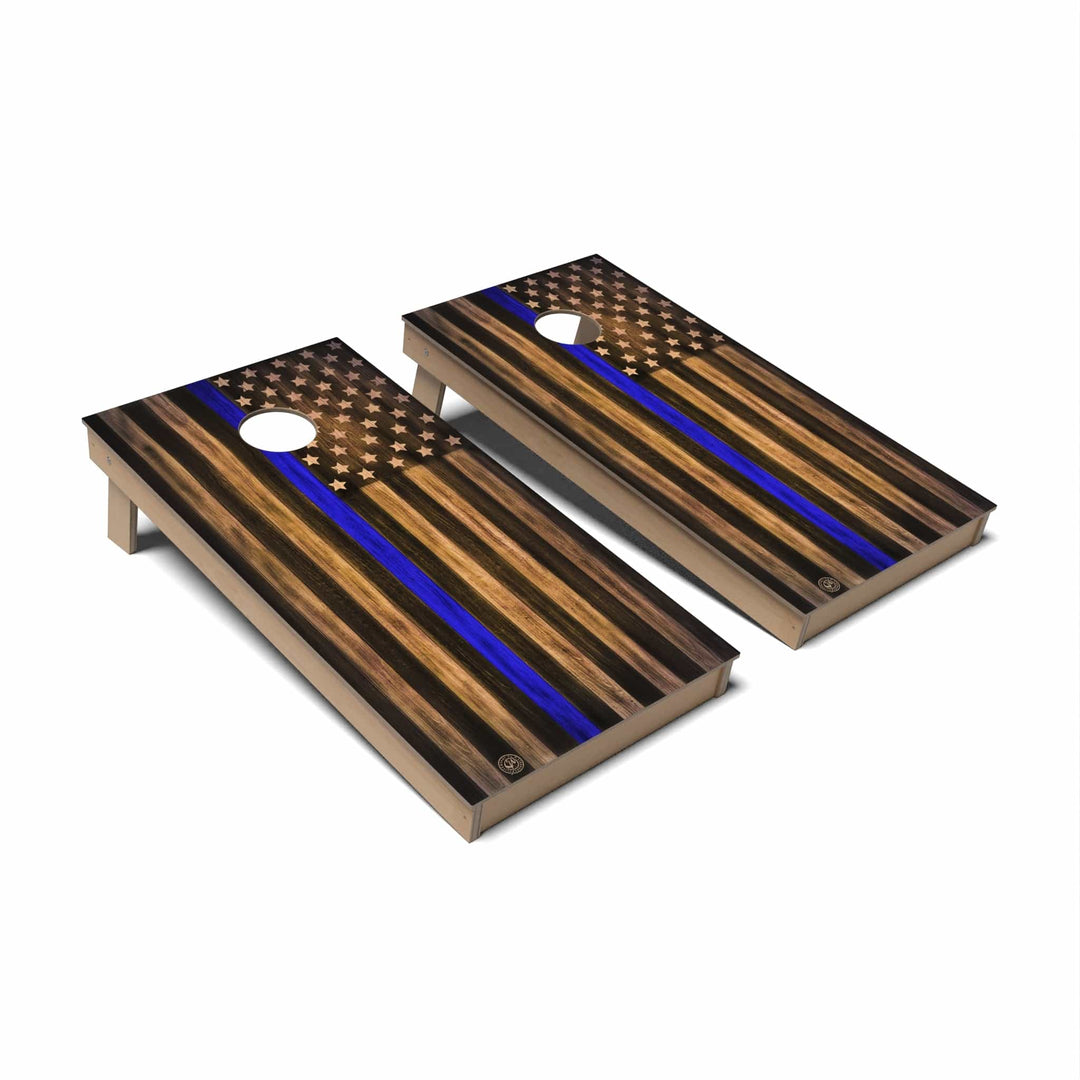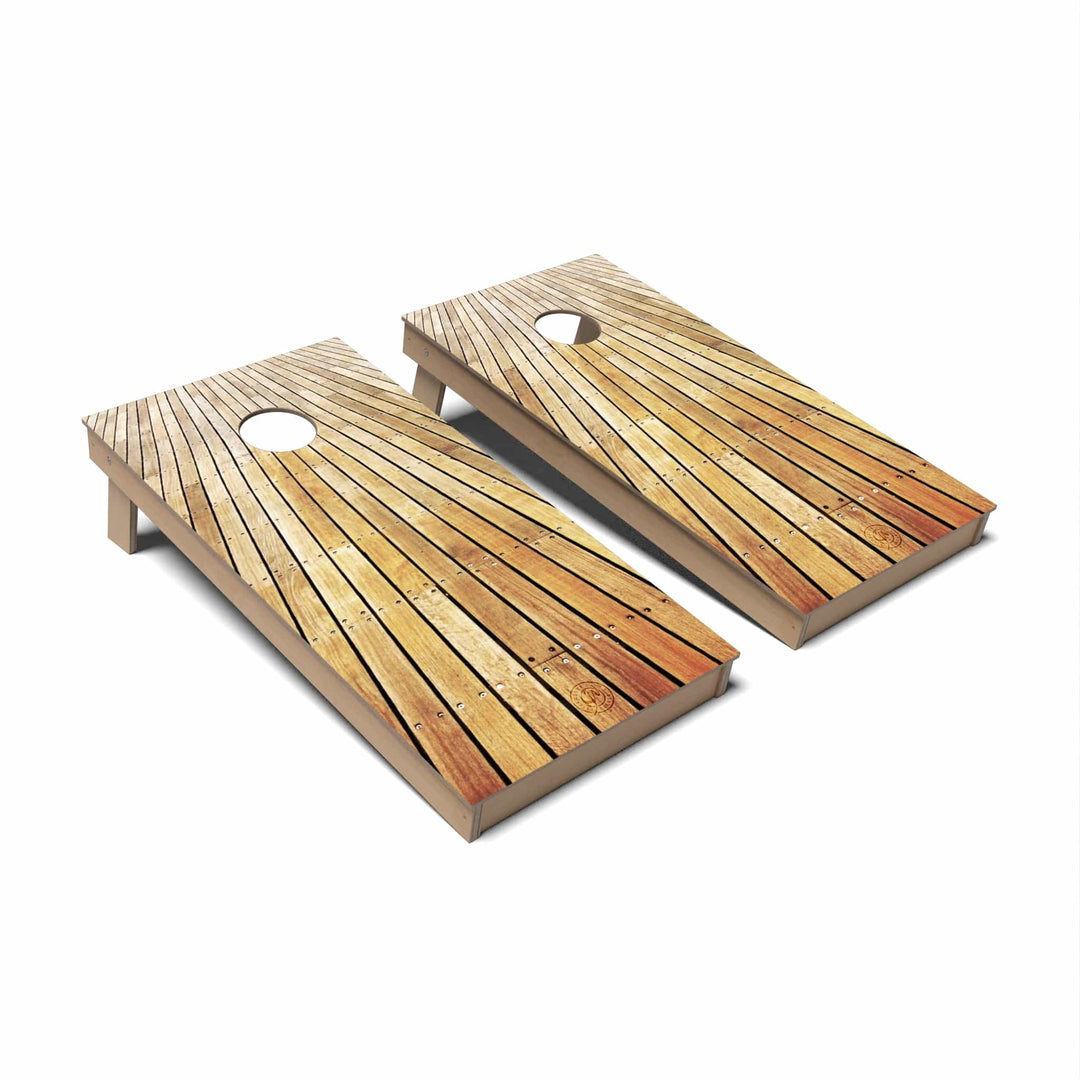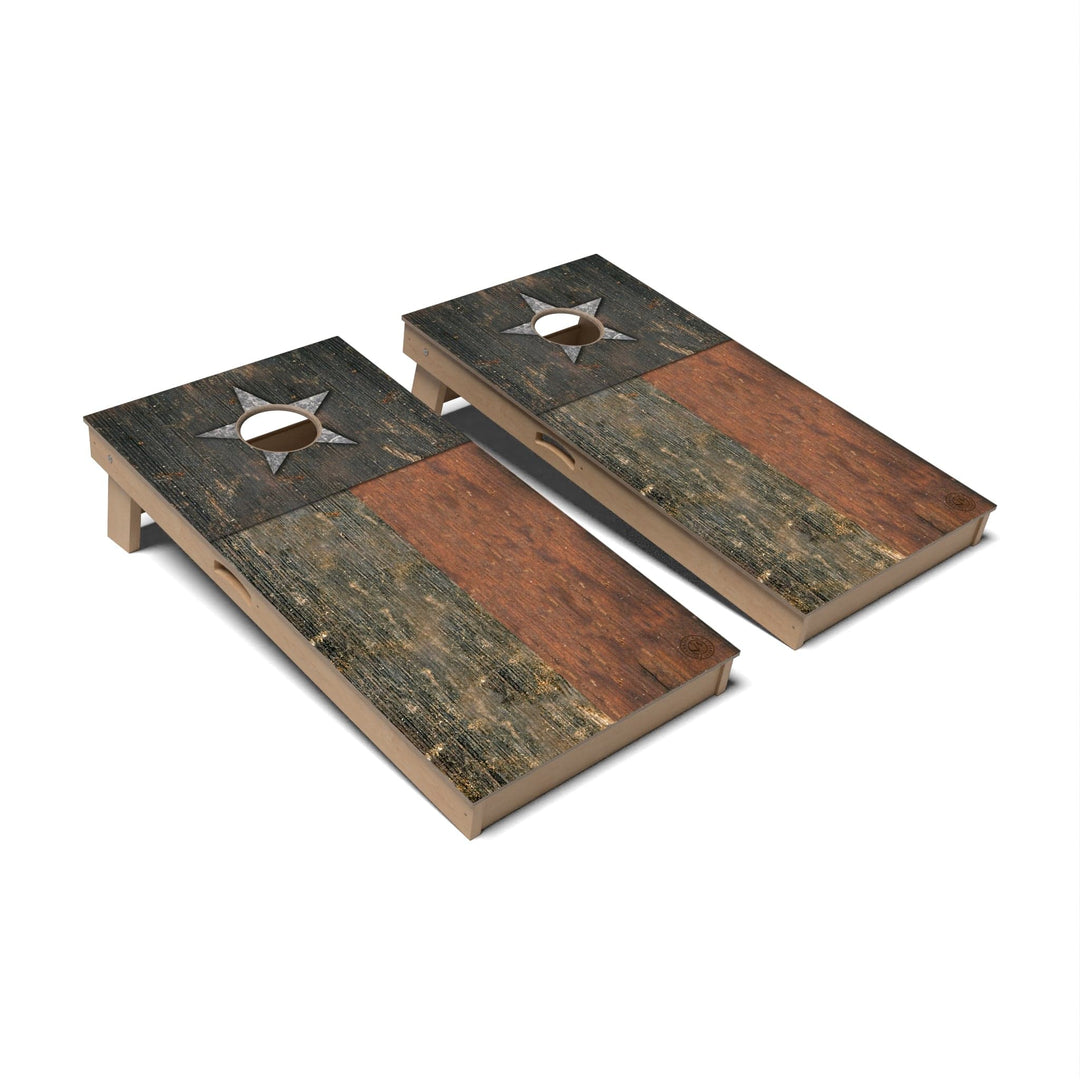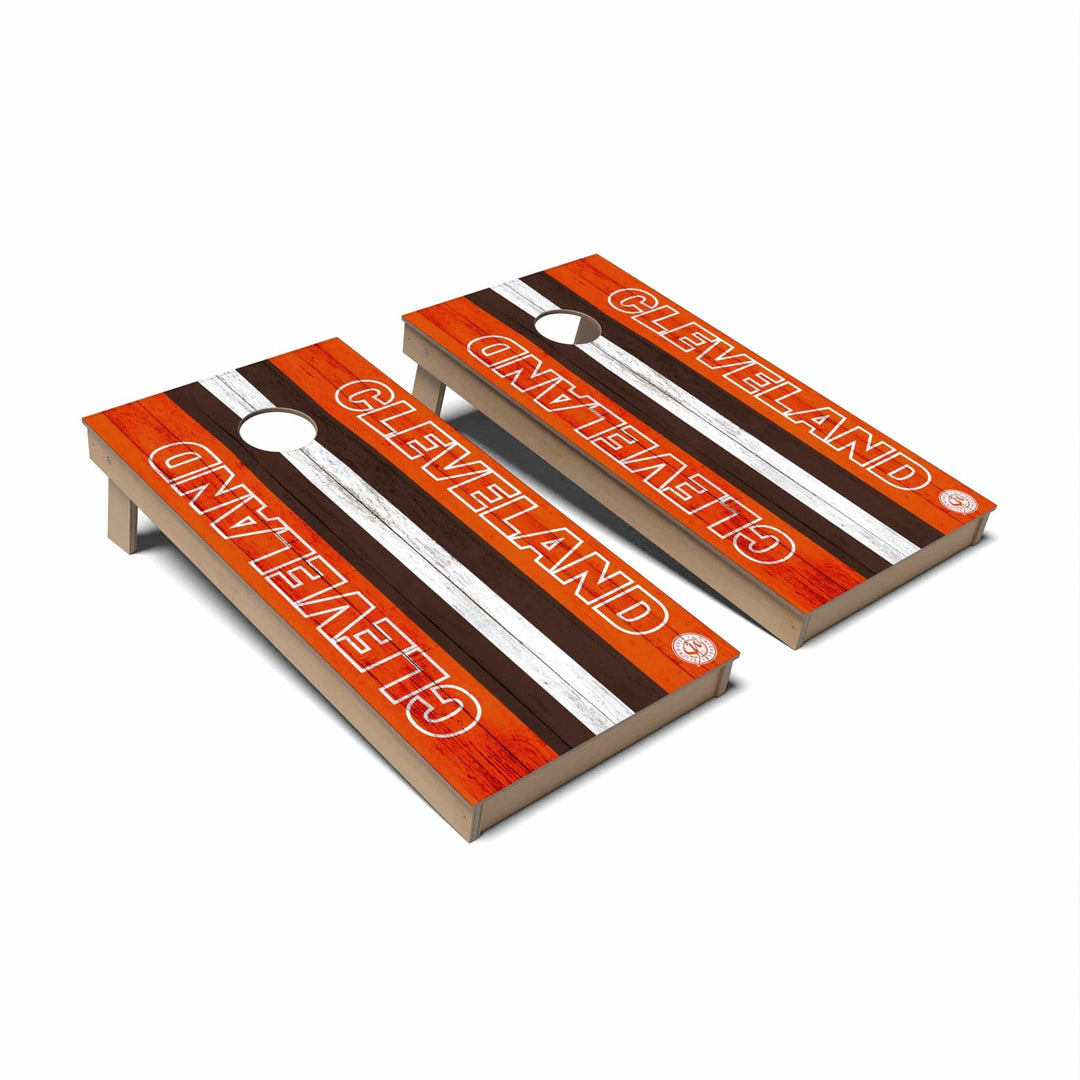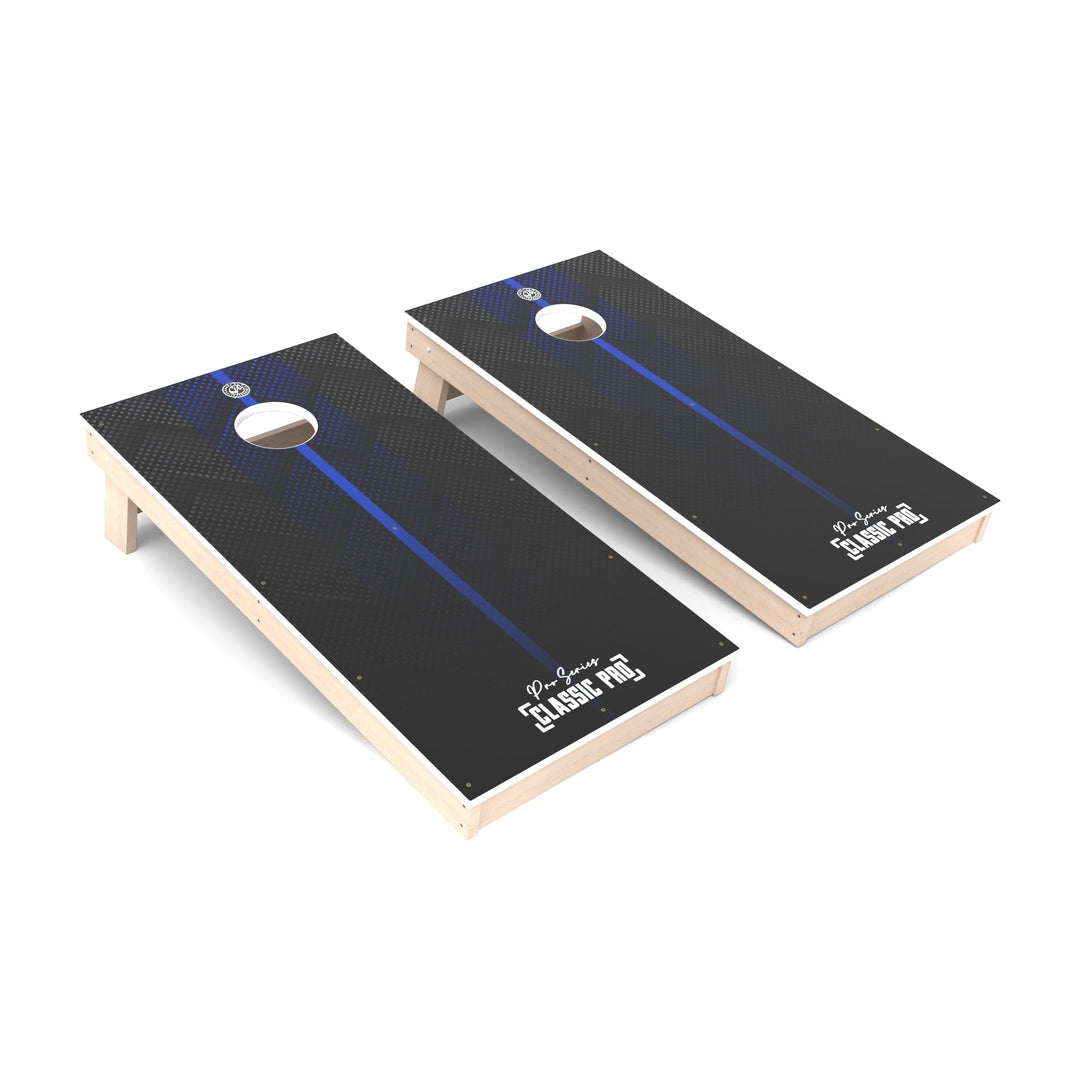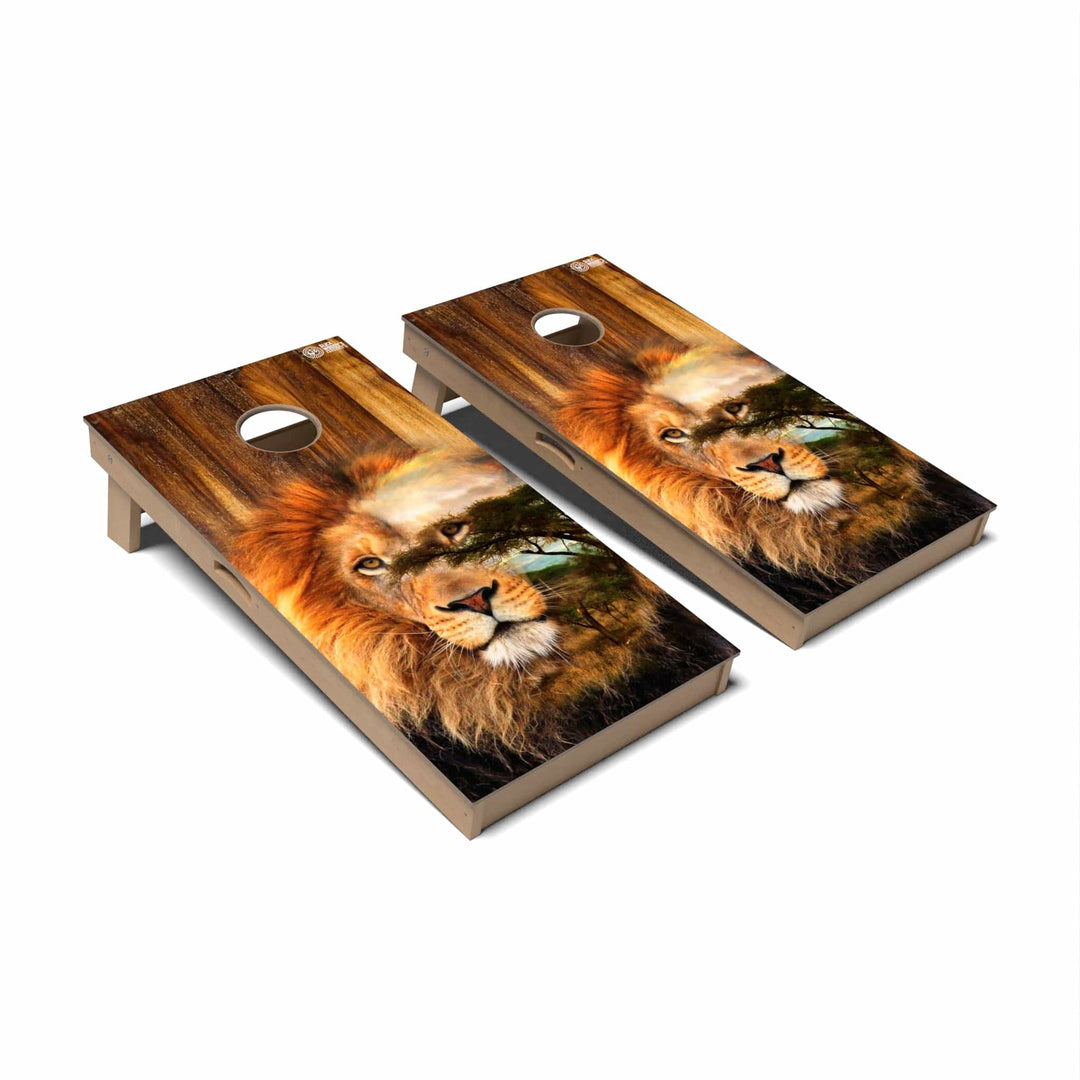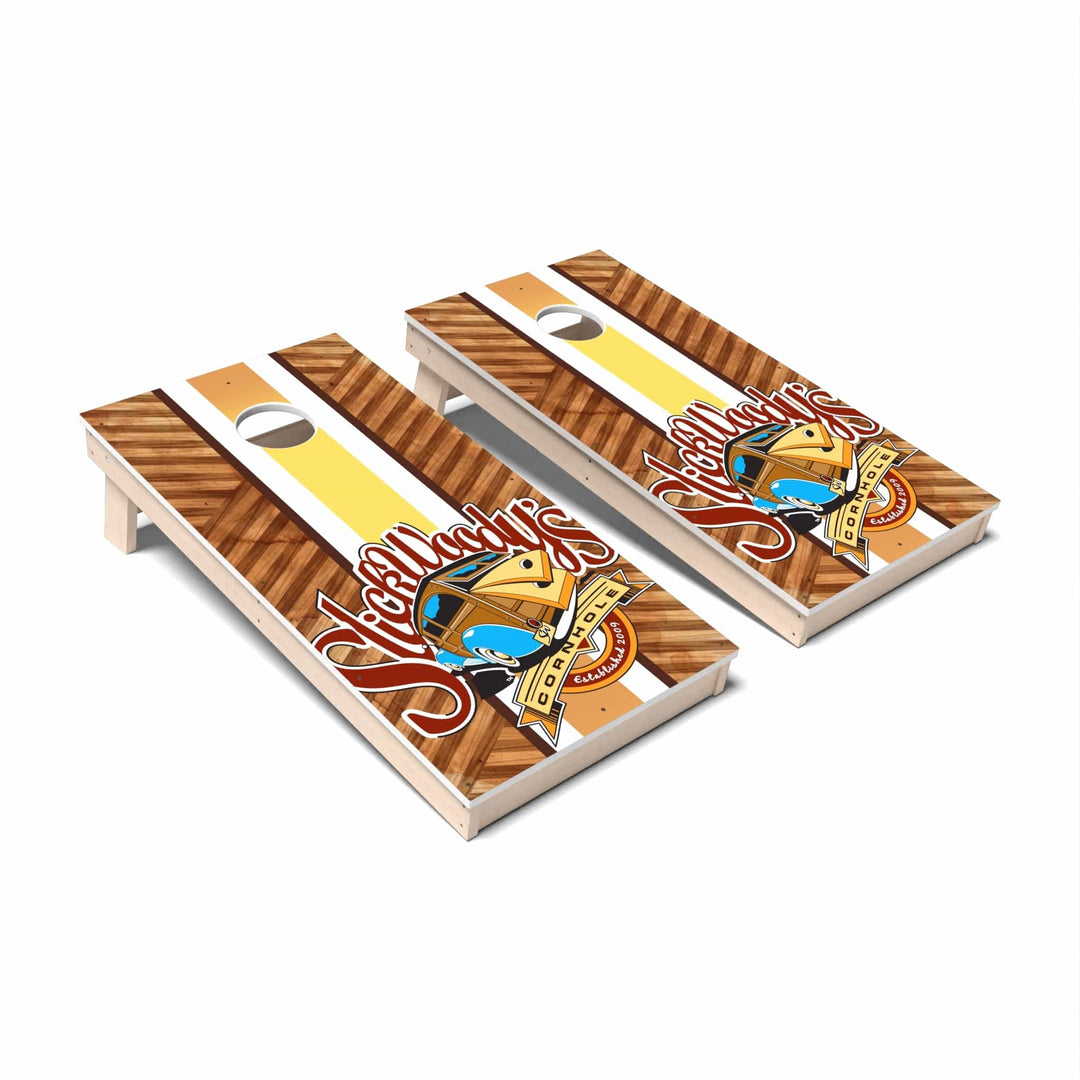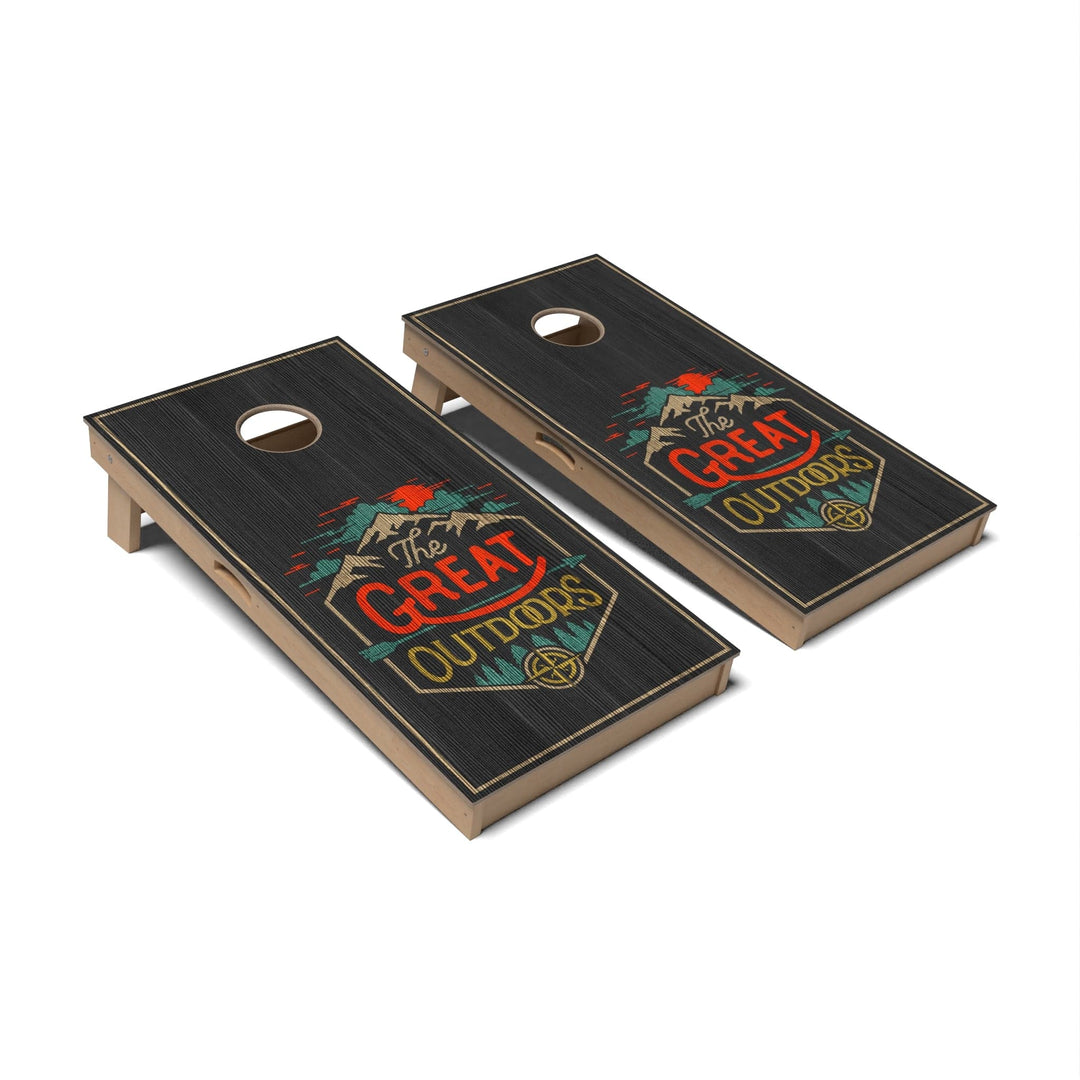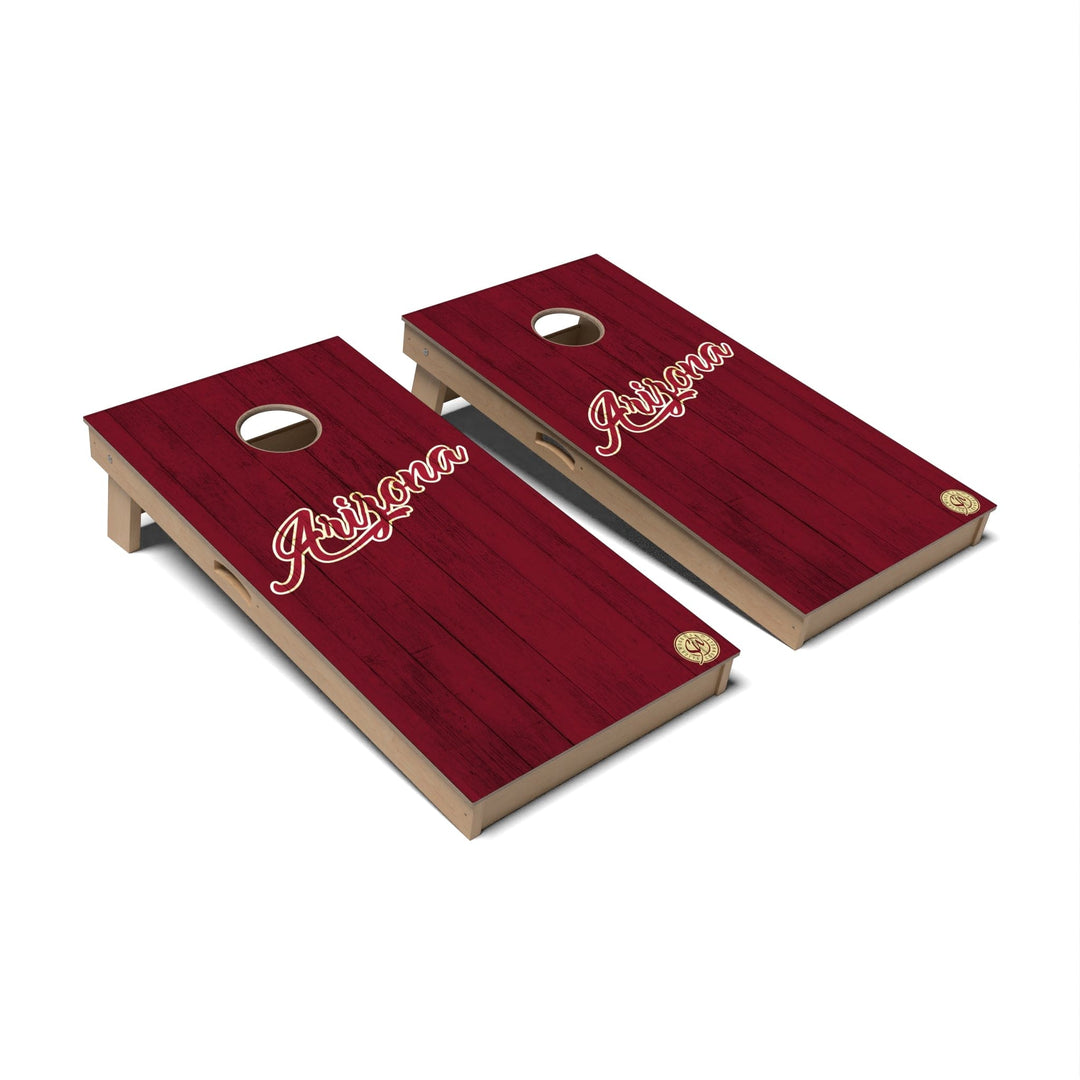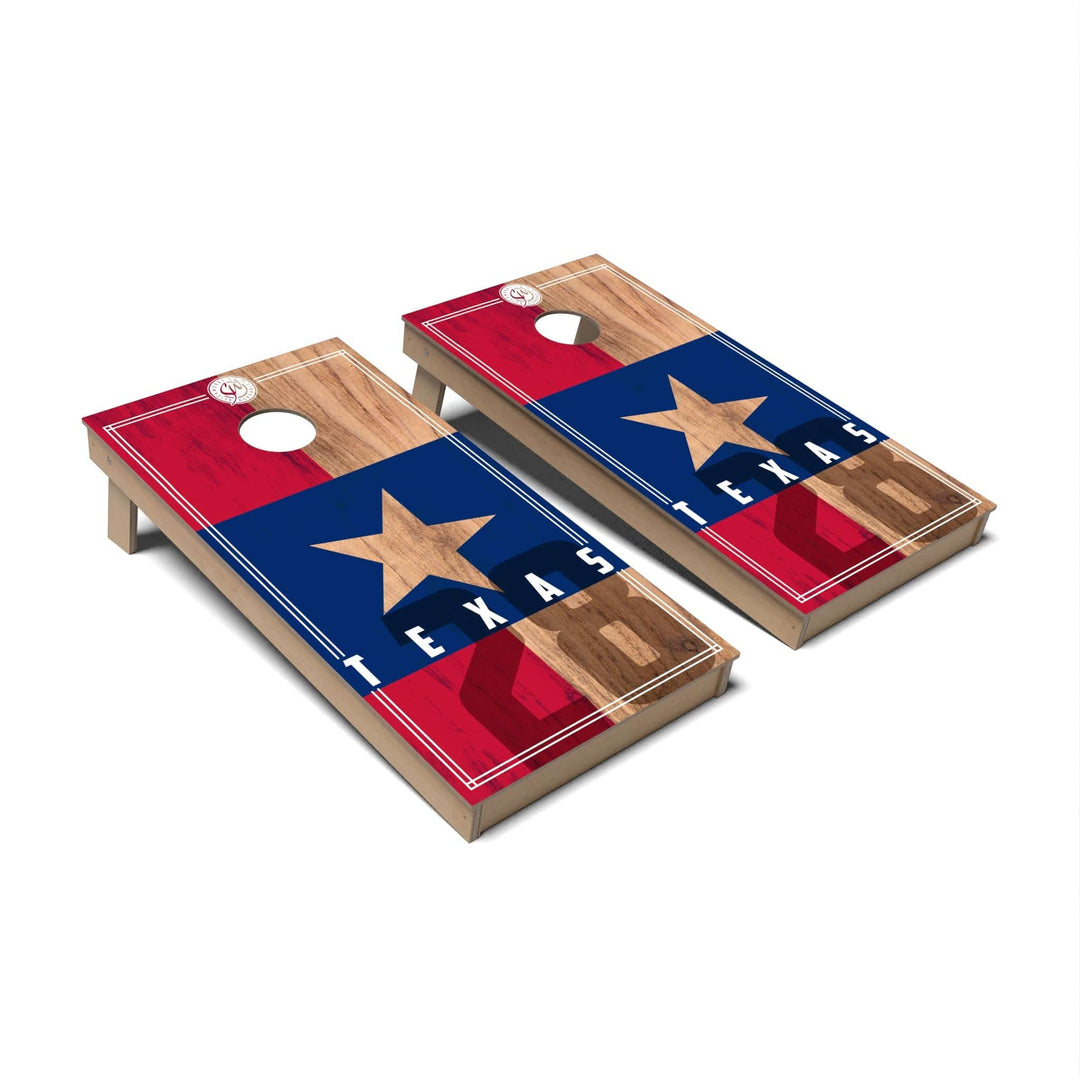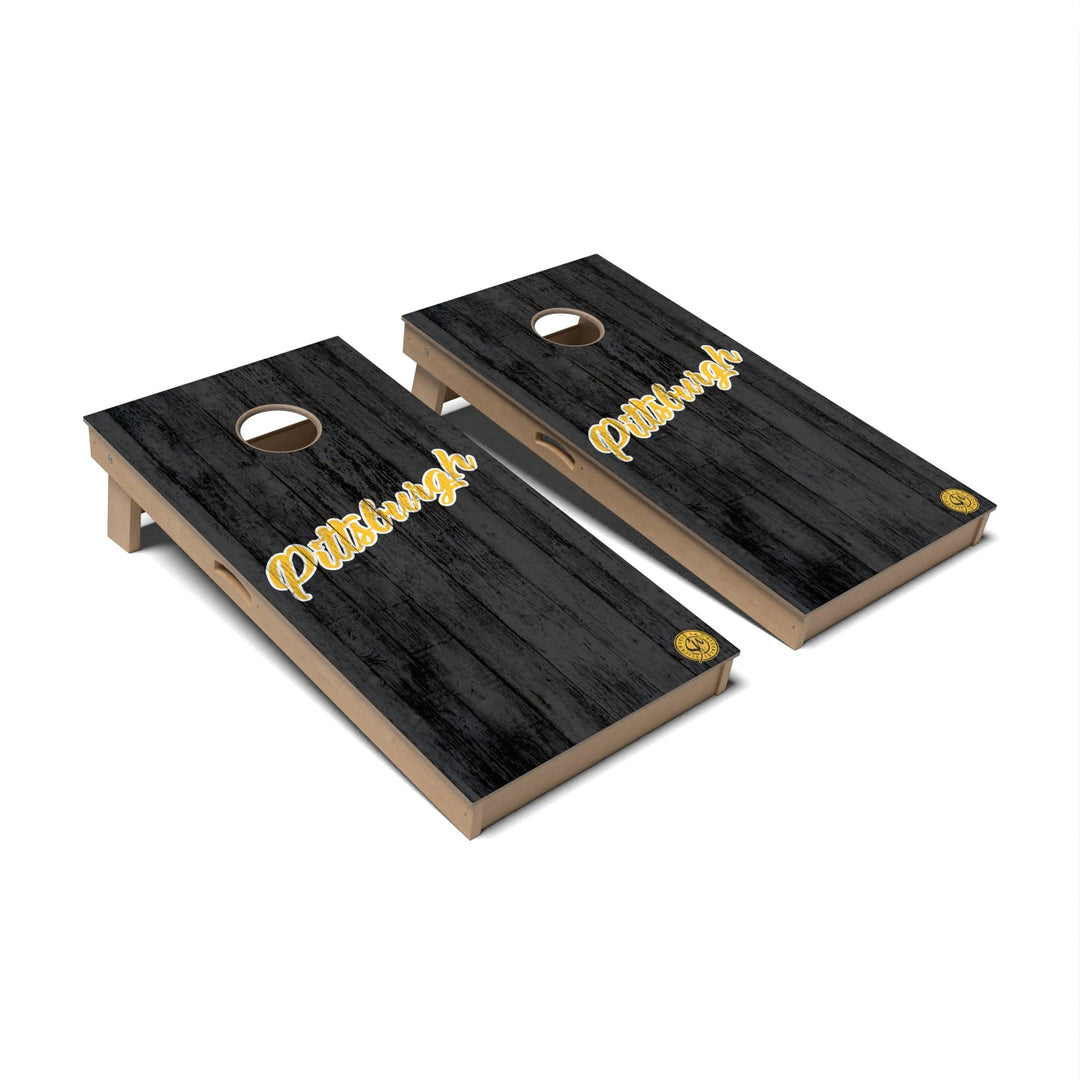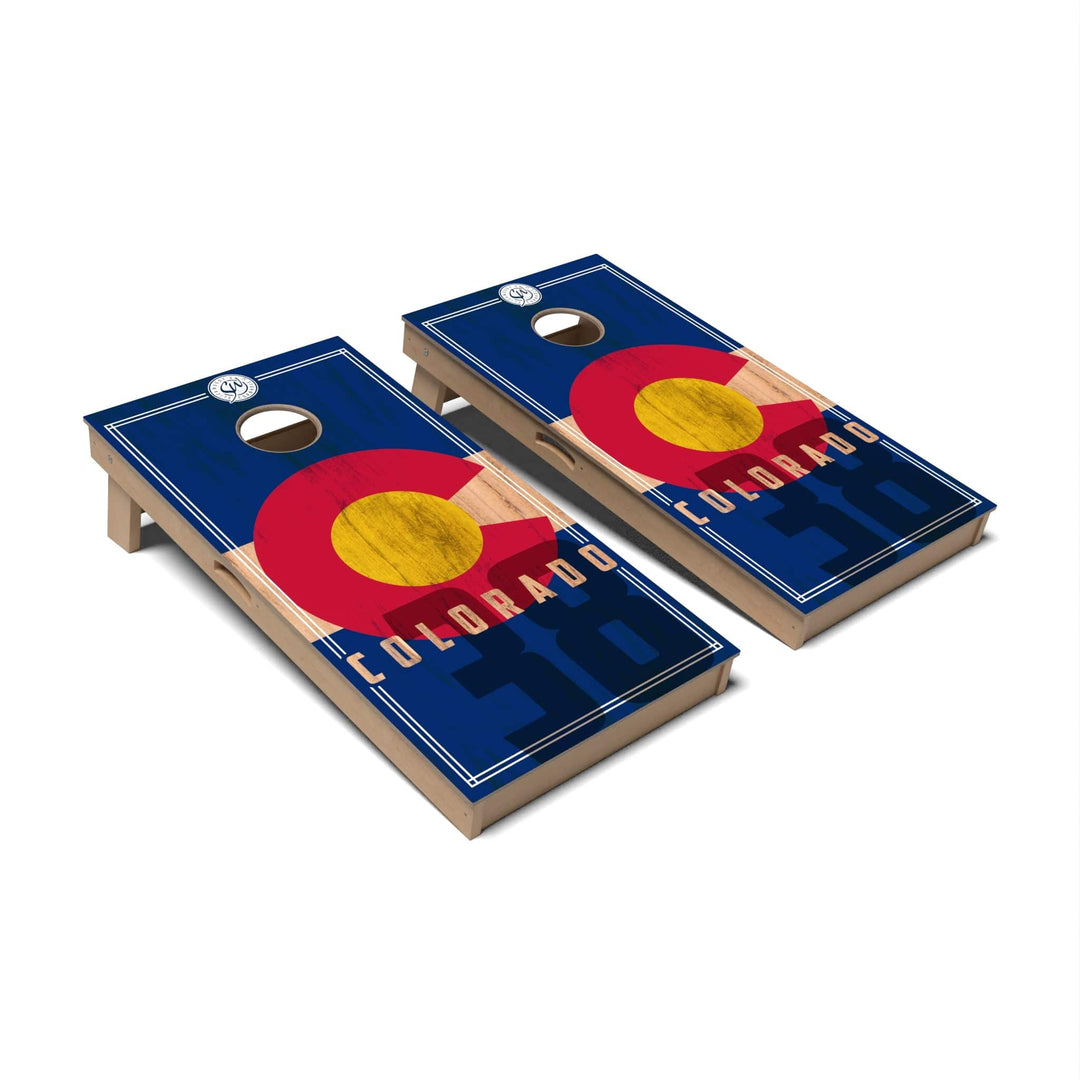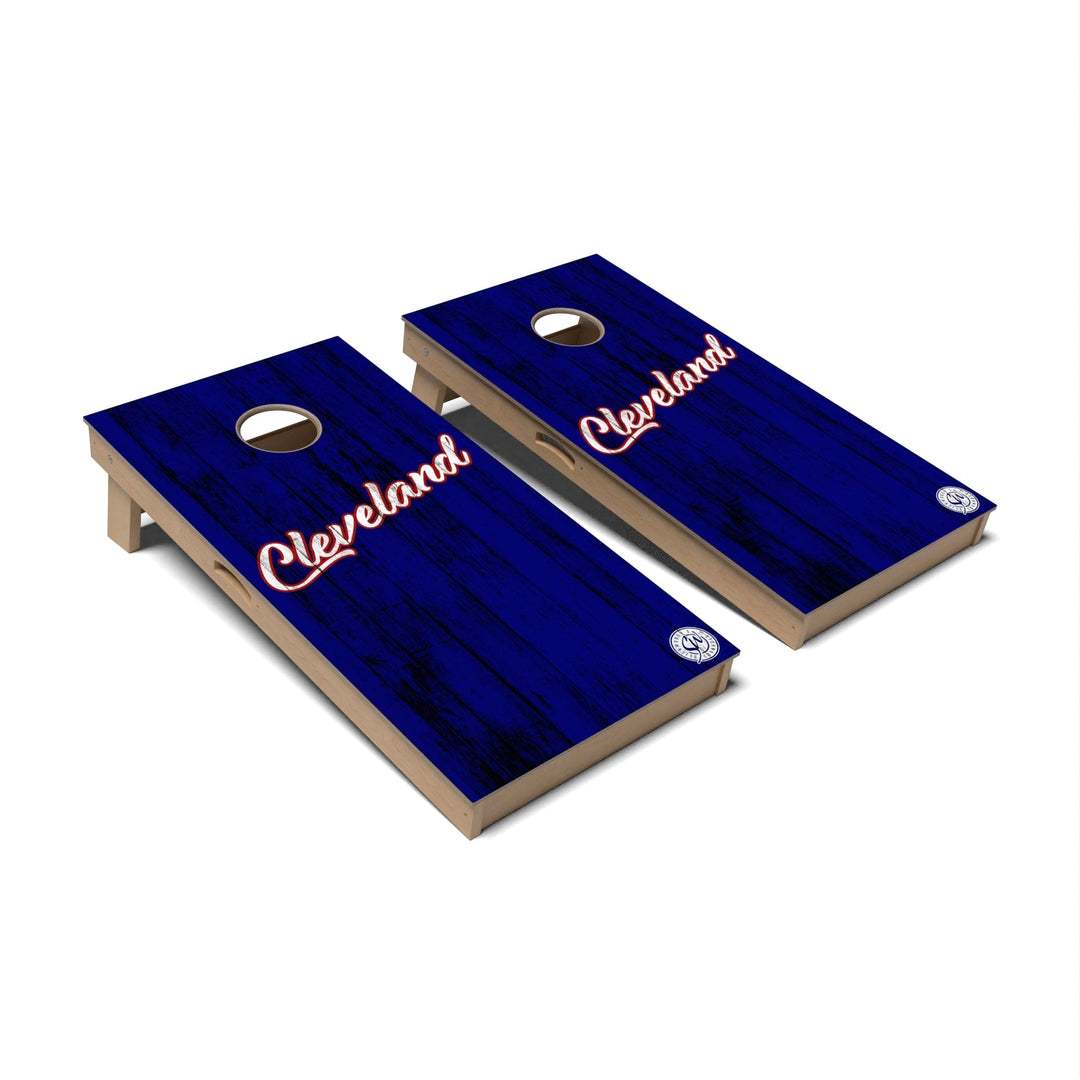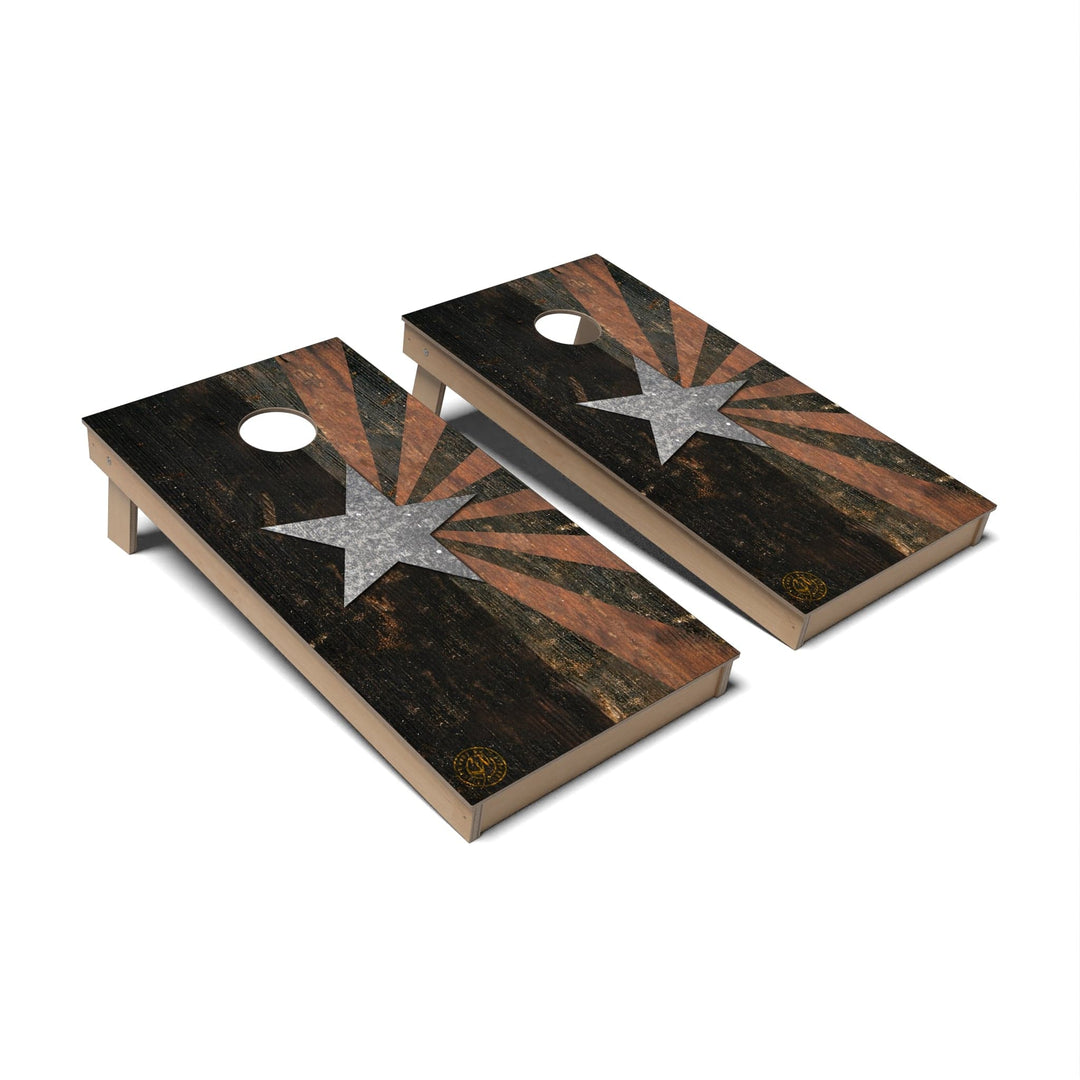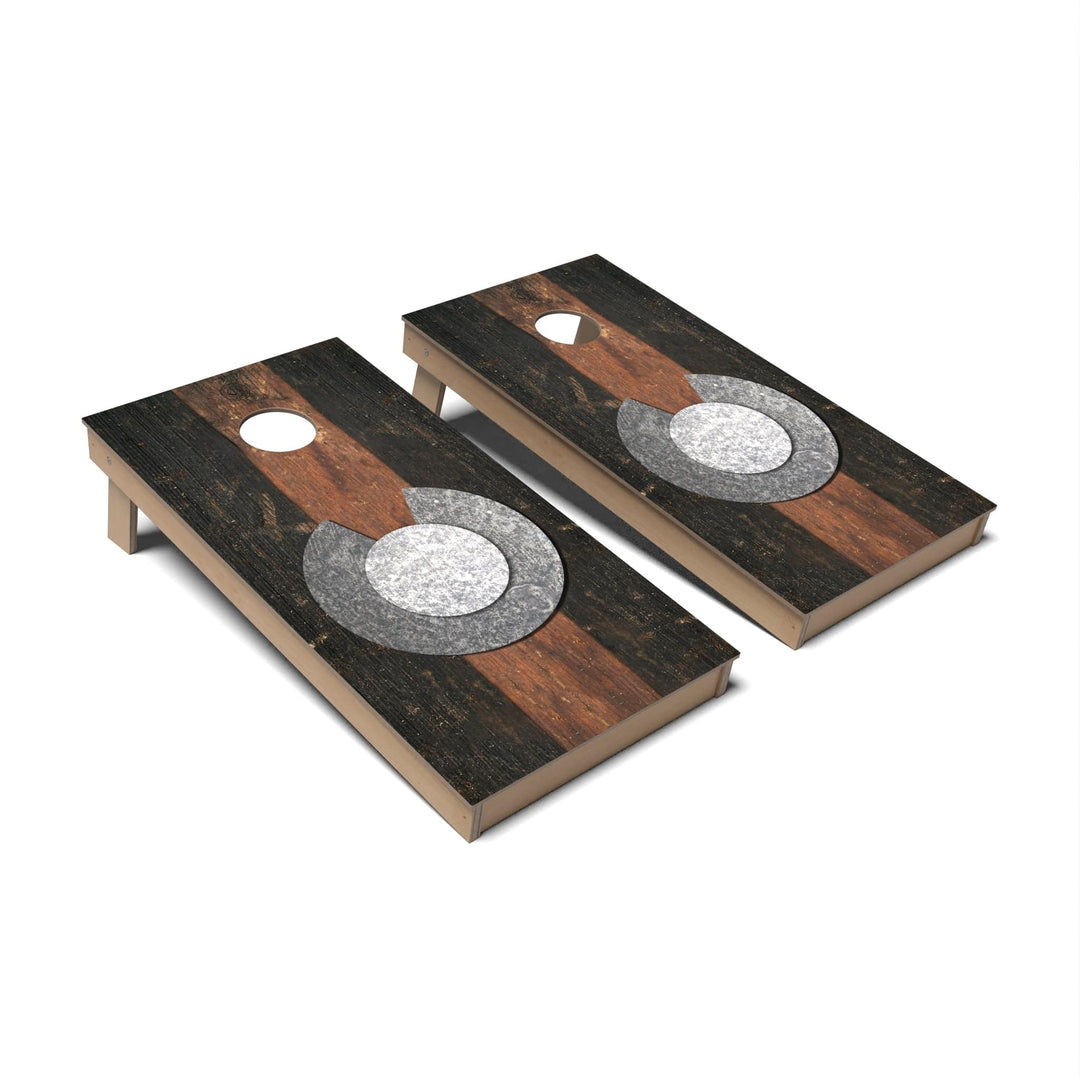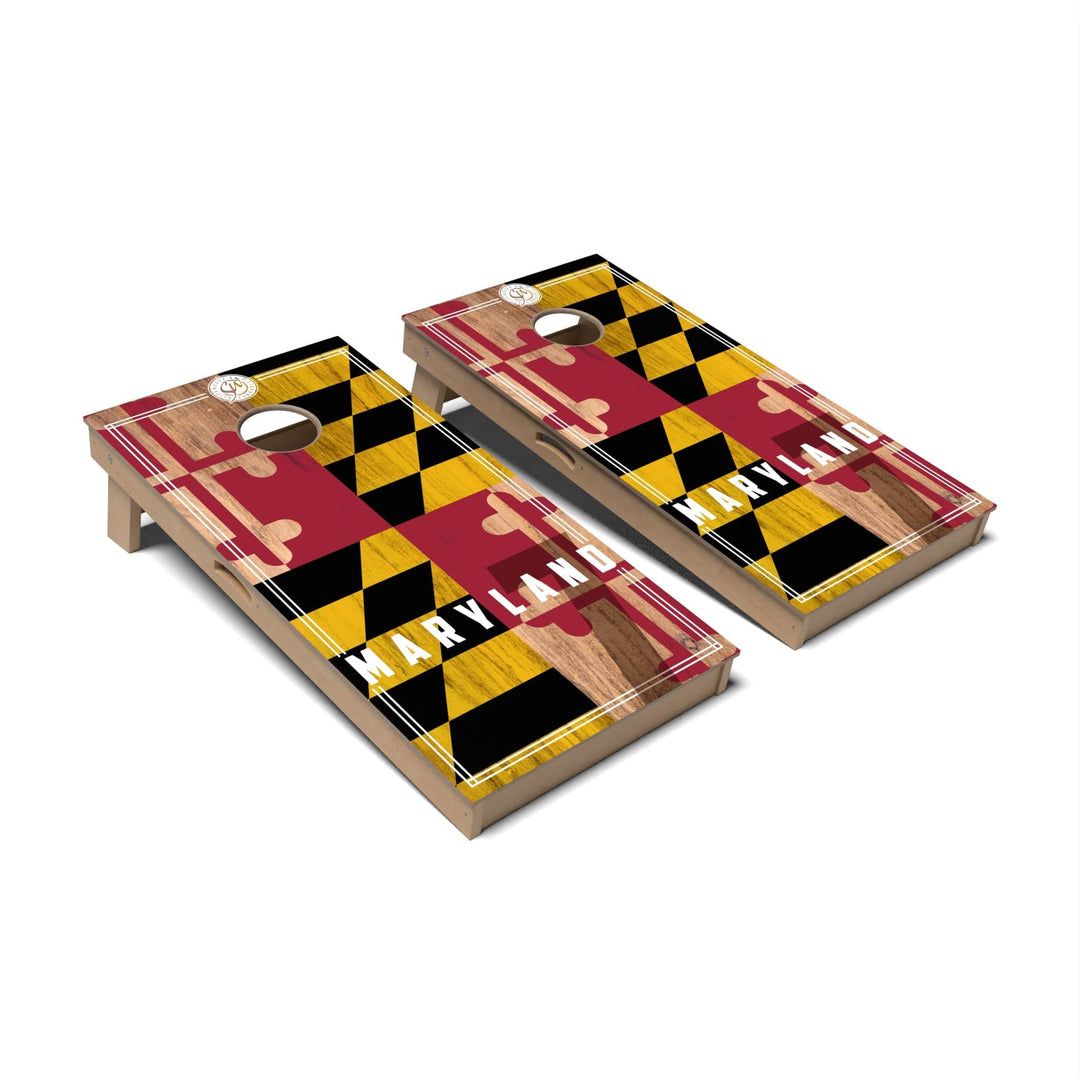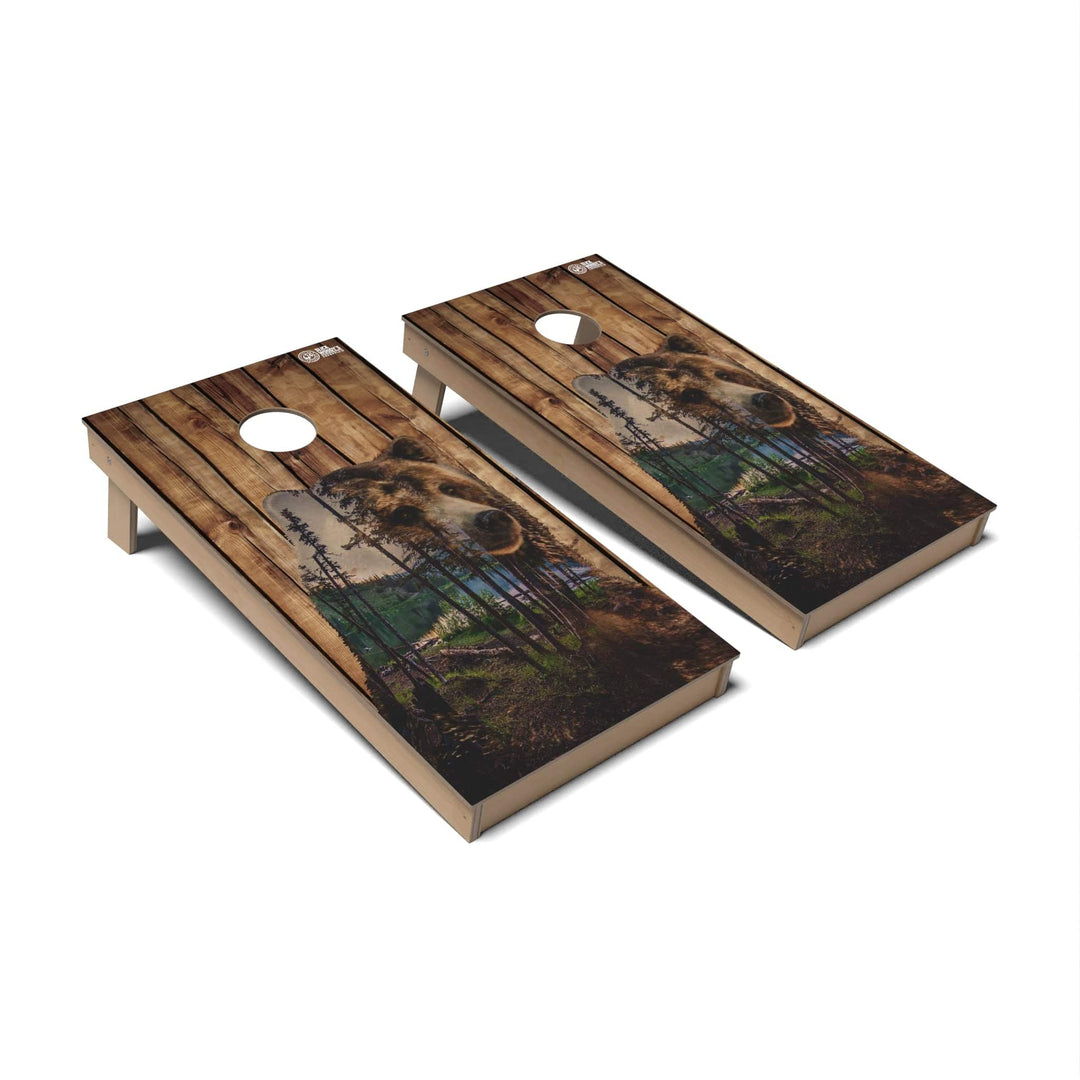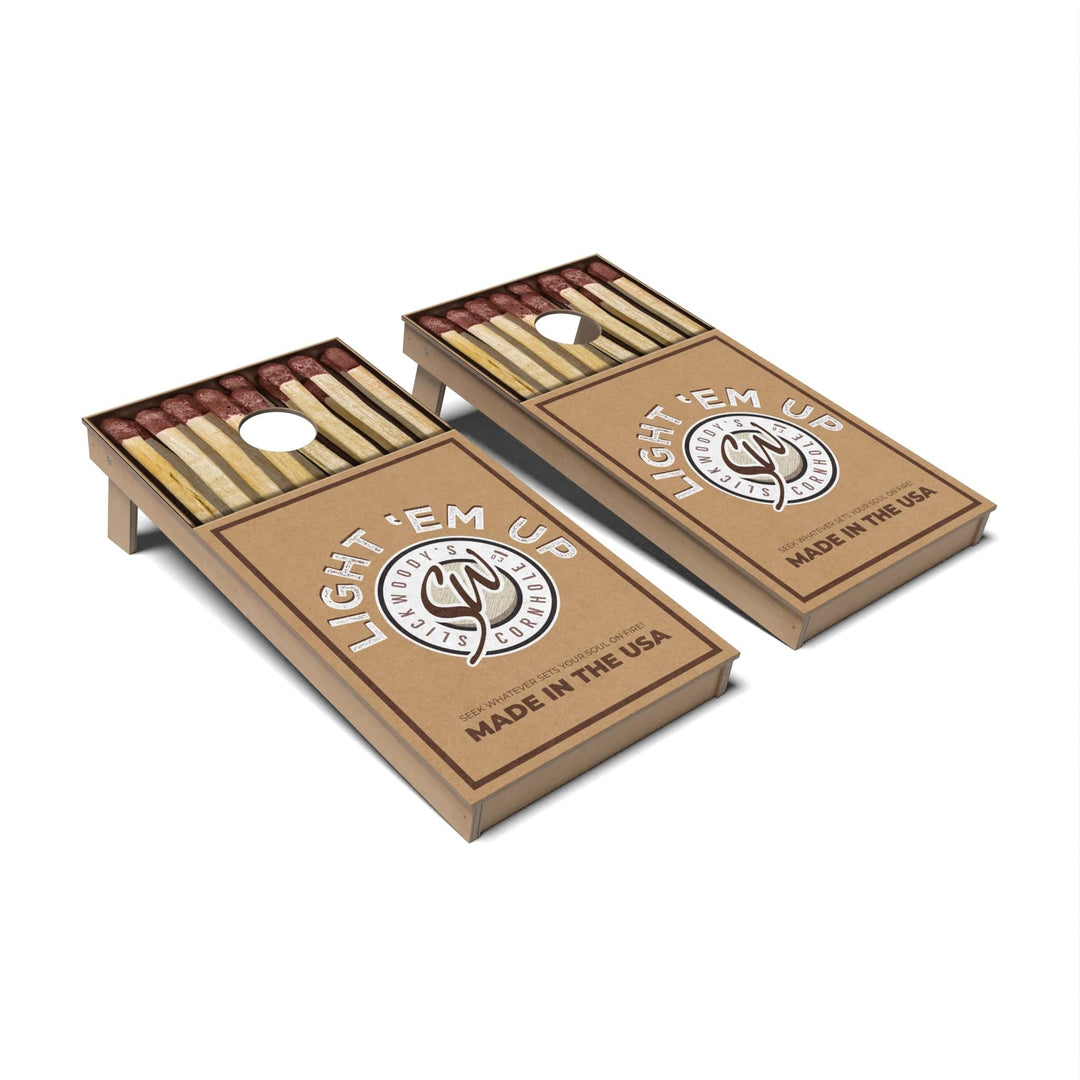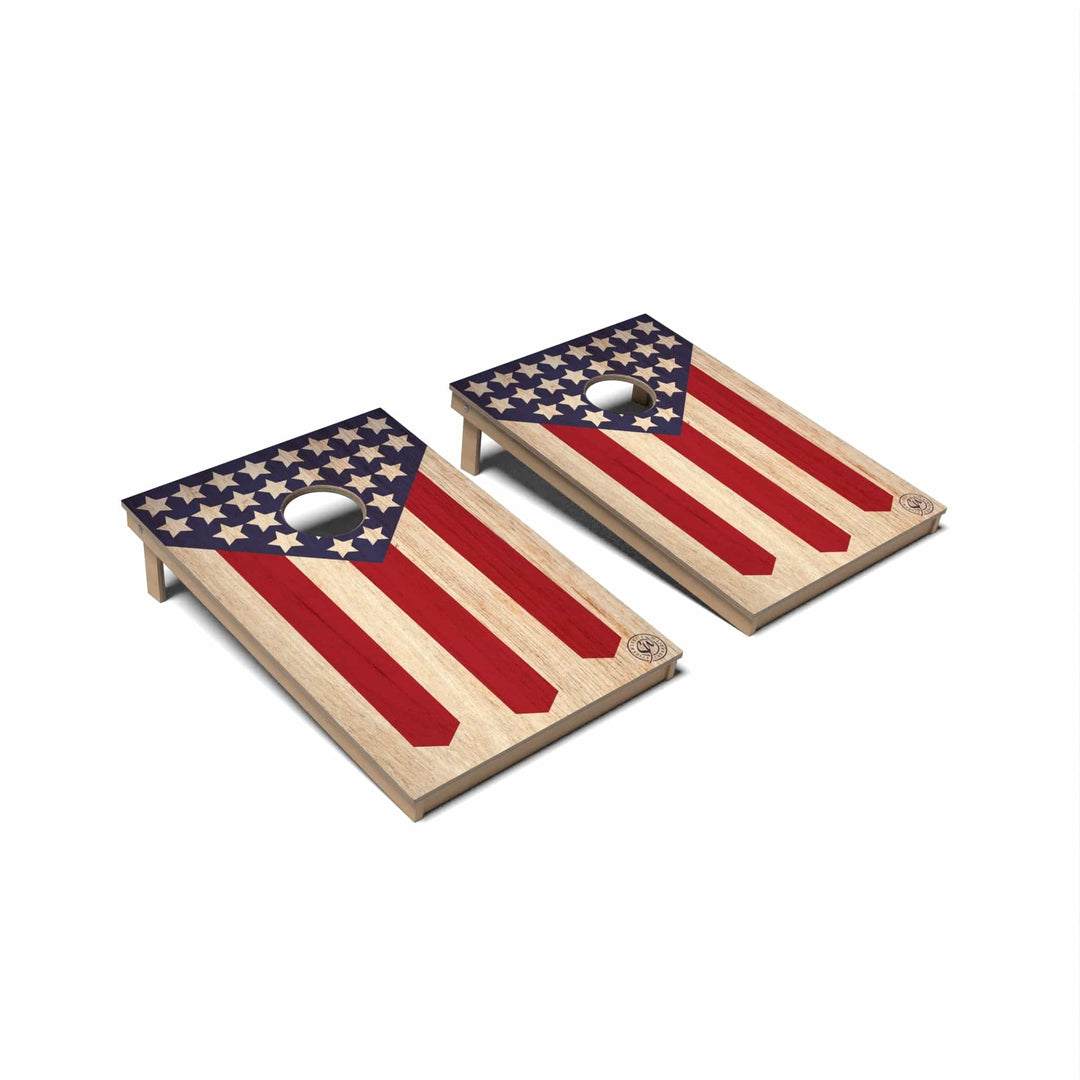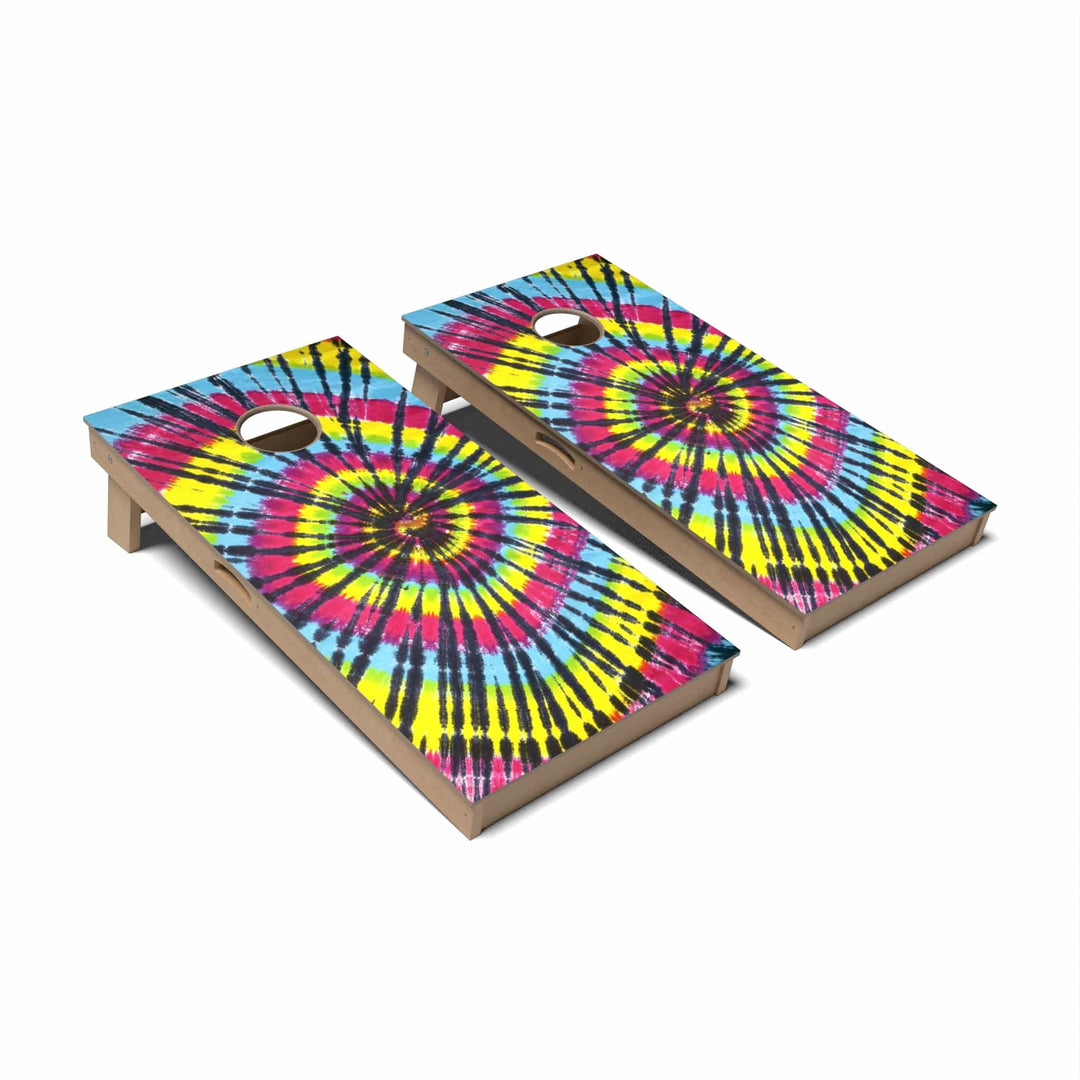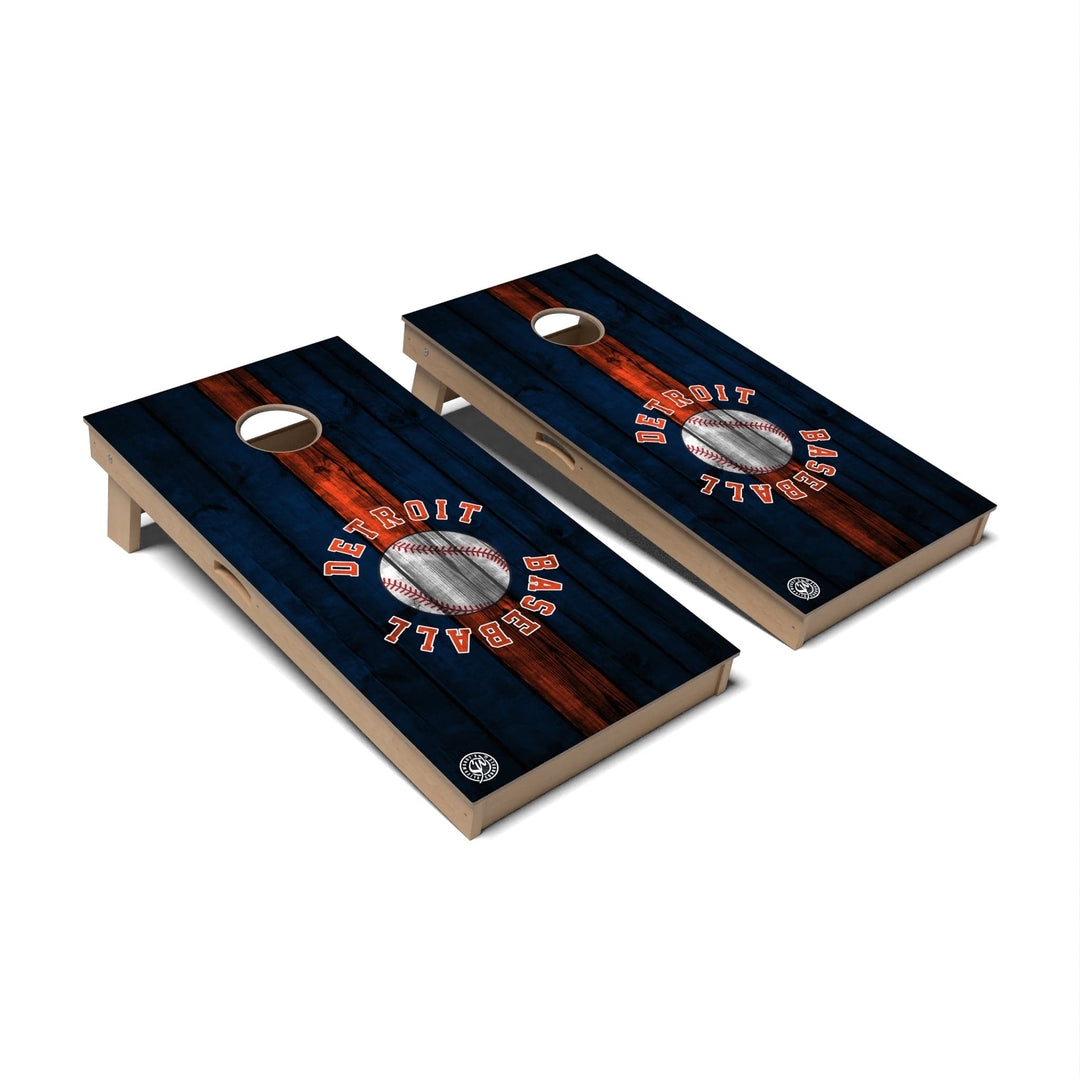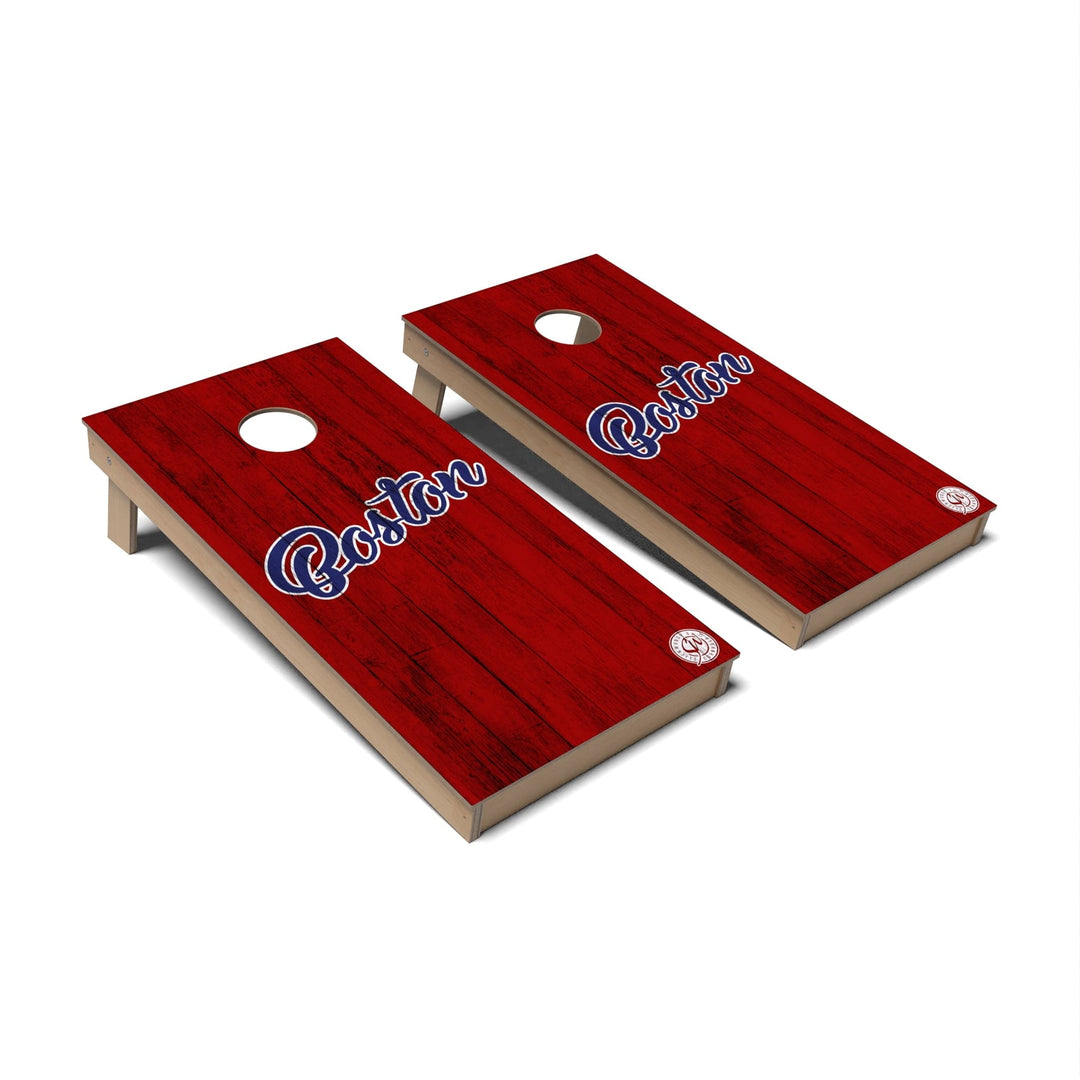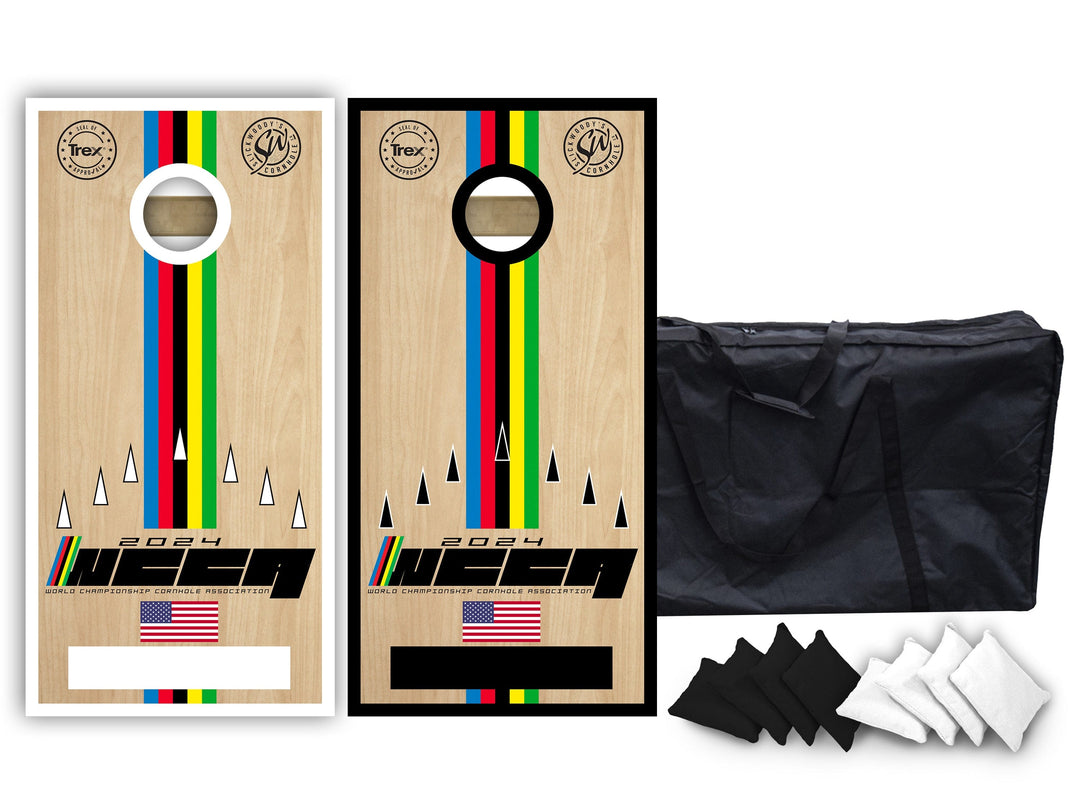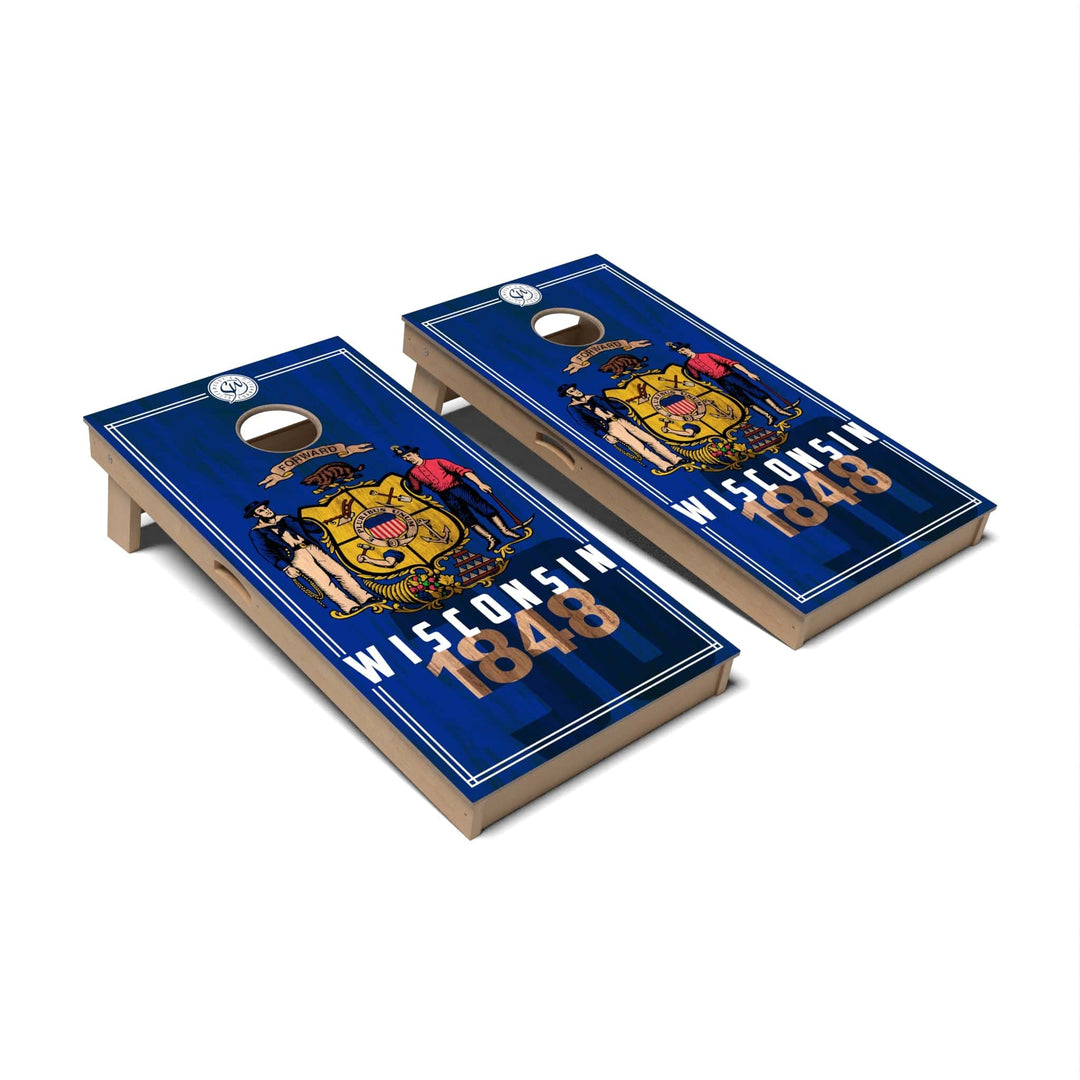Is Cornhole a Sport? The American Cornhole League Says Yes

The rise from backyard game to possible Olympic sport
What started as a backyard game played with family and friends has now morphed into one of the fastest growing sports in the country—and, dare we say, a possible Olympic sport?
Of course, we are talking about cornhole! But what makes cornhole a sport? Is it because you can now regularly see cornhole matches on ESPN? Is it because people are retiring from their jobs to pursue a career as a cornhole player?
The easy answer to all those questions is yes! But we should first explore what classifies an activity as a sport before we show you why cornhole is slowly growing into one of the most popular games in the country!

What is the definition of a sport?
If we are going strictly by the definition found in the Oxford Dictionary, then sport is “an activity involving physical exertion and skill in which an individual or team competes against another or others for entertainment.”
By that definition, cornhole is most certainly a sport! However, if we want to get more into the weeds of what a sport is, then we should dig a little deeper.
Sports are classified by fair competition to ensure all players have an equal opportunity by the governed rules to win a chosen contest. Some rules may differ or change over the years, but they are a fundamental part of what classifies an activity as a sport.
Cornhole has many rules that ensure fair competition, such as not crossing the board line when making a toss. (It helps when you have one of our pitch pads to designate the throwing area.) These rules get more advanced and specific when you compete in professional cornhole leagues or in cornhole tournaments. For instance, the American Cornhole League (ACL) has specific rules and regulations when it comes to type of board, bags, and gameplay.
Most cornhole bags that are used at the professional level have to be ACL-approved. Check out our collection of ACL-approved Reynolds cornhole bags to see what’s used on the professional circuit.
The biggest gripe some people have about cornhole not being a sport is the lack of physical exertion compared to other sports. While this might be true, the mental aspect of cornhole coupled with the muscle memory used to play at the highest levels makes the case as to why cornhole IS a sport.
Before we get into the future of cornhole and why many believe it has the potential to become an Olympic sport, let’s look back at the history of this backyard game and how it has grown in popularity over the years.

The History of Cornhole
There are many stories on the origin of the game “cornhole.” Sometimes it’s hard to separate fact from fiction or myth from history. Some historians credit the Germans for originating the idea of “tossing bags.”
Legend has it that during the late 1800s, Germans invented the game after exchanging rocks for bags of corn for their children to toss. They then migrated to the Cincinnati, Ohio, area and started the fun game in the United States!
Yet Germans weren’t the first to introduce the game to the United States. In fact, the game was already here! Native Americans were the first inhabitants of the North American continent, and it is believed that they filled animal parts (like dried bladders) with corn to play games. Some say that it was Native Americans who introduced the game to areas in Cincinnati and Kentucky.
That brings us to the great debate about where cornhole regionally started in the United States. Whether it was influenced by Germans or Native Americans, cornhole historians (yes, we are including ourselves) argue over whether credit should go to the state of Kentucky or the city of Cincinnati.
Both areas tie their roots to a 19th Century Midwest farmer named Jebediah McGillicuddy. The story goes that the Kentucky farmer came up with the idea for cornhole as a fun activity to pass time with family and friends. Maybe early versions of the game had a similar look to our popular Treated Oak Cornhole Set?
The early version of cornhole by the Kentucky farmer and his friends took off in the Cincinnati area, where it grew to college parties and tailgates to become a worldwide phenomenon!

The Future of Cornhole as a Sport
So what’s next for Cornhole as it continues to legitimize itself as a sport? It seems the sky is the limit for this backyard game, with some setting their eyes (and cornhole bags) on making it an official Olympic sport!
The first televised event for cornhole happened in 2017 on ESPN2. Since then it has seen a meteoric rise in popularity behind personalities such as Matt Guy, the godfather of professional (ACL) cornhole and a Slick Woody's Sponsored player.
Personalities like Matt Guy have helped propel the backyard game into a sport. The intensity of the game is on display anytime you watch an ACL match. It is a fantastic representation of why cornhole is a sport.
No one better displays this bulldog nature more so than ACL Pro Trey Burchfield, another Slick Woody's sponsored player, and someone widely considered to be one of the best cornhole players in the world!
Trey started playing in local tournaments near Slick Woody’s HQ and soon gained a reputation at 13 years old as the best cornhole player around. In fact, in some Slick Woody’s tournaments, we would get complaints from much older adults about Trey beating them in the tournaments!
It’s no secret that during the COVID-19 pandemic many Americans were looking for an excuse to get outside. Watching news coverage of the virus and working from home took its toll on people all across the country.
Neighborhood walks became a good way to social distance yet still get outside. Cornhole also became the perfect outlet for friends and family to get outside and play competitive games while staying socially distanced.
The popularity of cornhole during this time also translated to the professional level where many major sports leagues suspended their games or seasons. Searching for content to put on the air, ESPN put ACL cornhole tournaments on their platform for seven consecutive weeks which only helped to grow interest in the sport.
The appeal of playing cornhole as a sport and the rise of the game’s popularity has created so many stories of Americans quitting their jobs and joining the craze! The ACL has more than 100,00 registered players, and ESPN and CBS continue to feature the competition on their platforms.
This momentum has obviously helped propel the conversation towards making cornhole an Olympic event—the most definitive statement there can be that cornhole is a sport. The ACL and others are doing everything possible to make it happen within the next decade.
All the ingredients are in place for cornhole’s continual growth: engaging personalities, an easy to learn game, and continued television exposure. We started this blog exploring the topic of whether cornhole is a “sport.”
Let the prosecution sum up its case with these final bullet points to show why cornhole should be considered a sport and why it will continue to grow in popularity. Cornhole is:
- Competitive in nature
- Defined by a set of rules for professional play
- Featured on ESPN, CBS, and other networks
- Featured on DraftKings with live gambling lines on cornhole matches
- Becoming a sport in high schools and colleges across the country
- On its way to becoming an Olympic sport
Are You Ready to Become an ESPN Cornhole Star?
So, yes – we believe that cornhole IS a sport and one that you should continue to enjoy with your friends and family!
If you’re ready to starting tossing bags, play like the pros with our cornhole pitch pads. Slick Woody’s Pro Cornhole Bags offer that professional feel, and they won’t wear down over time. Finally, check out our Best Selling Cornhole Boards that will provide lasting entertainment and fun, and help you get ready to go pro!




